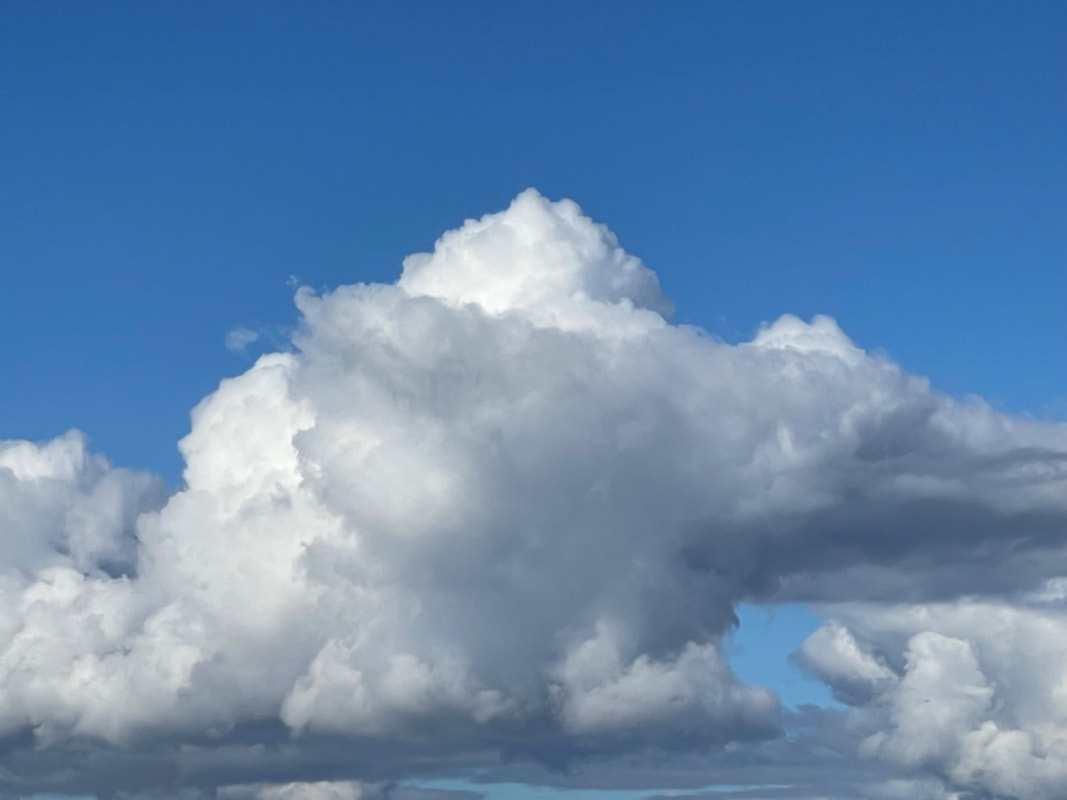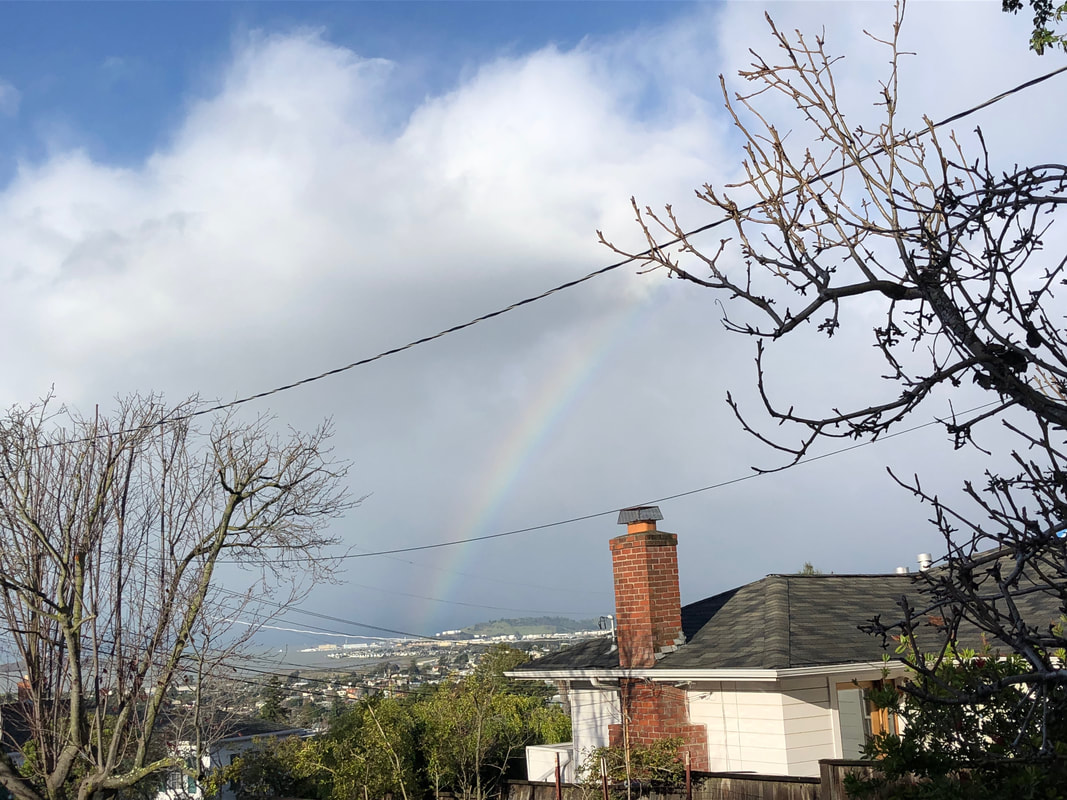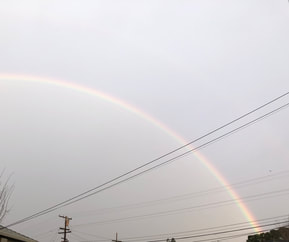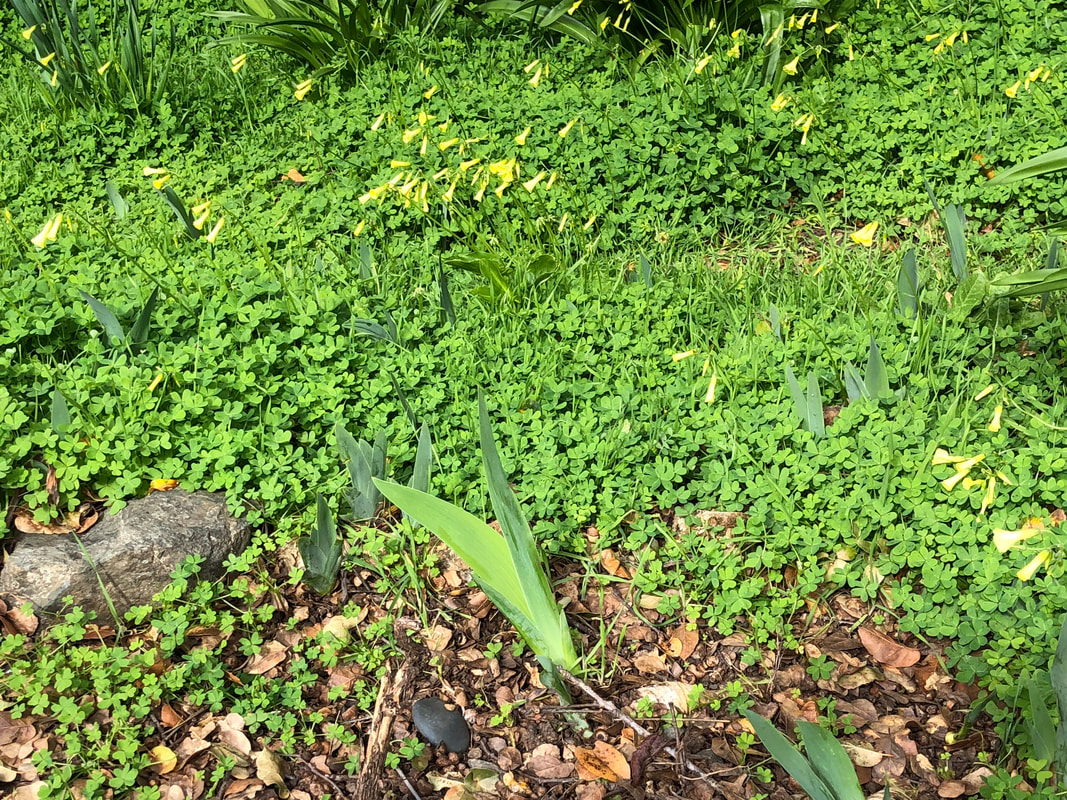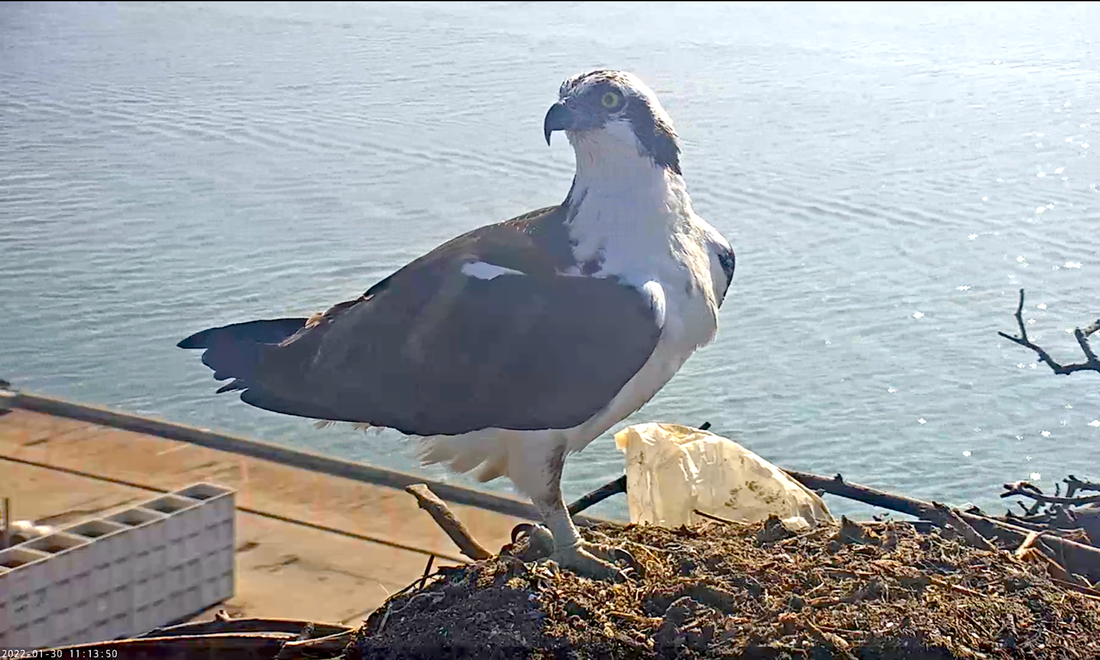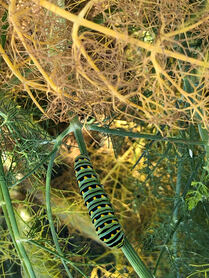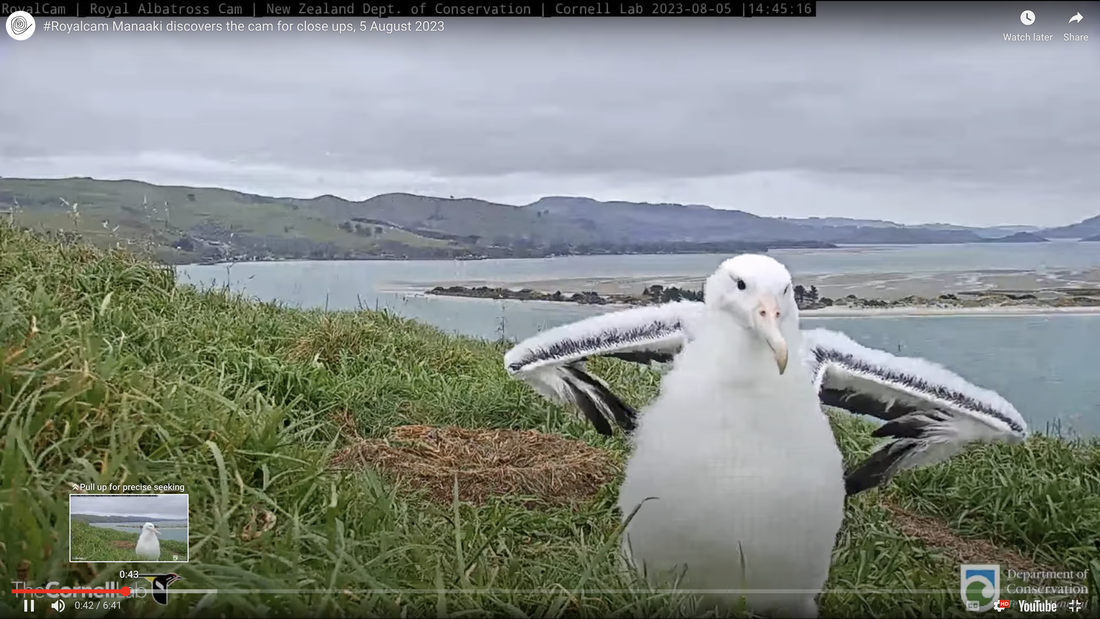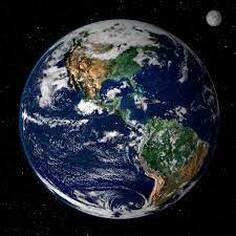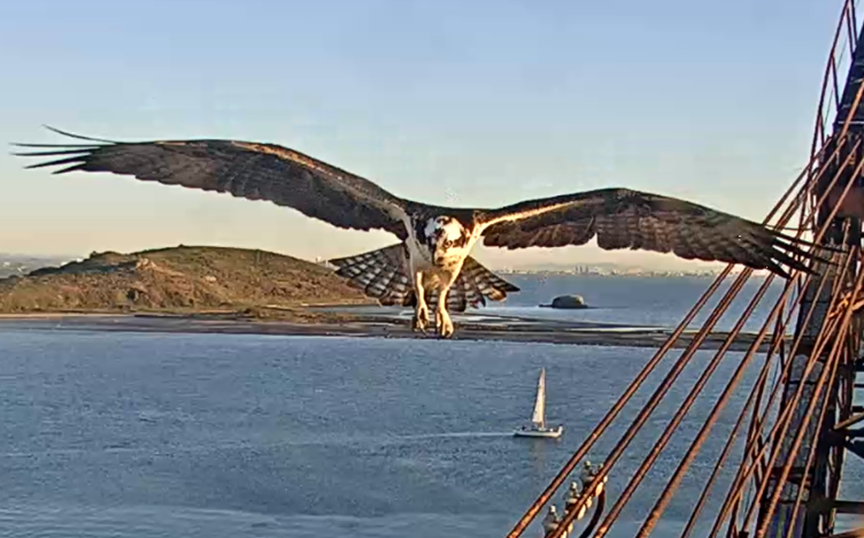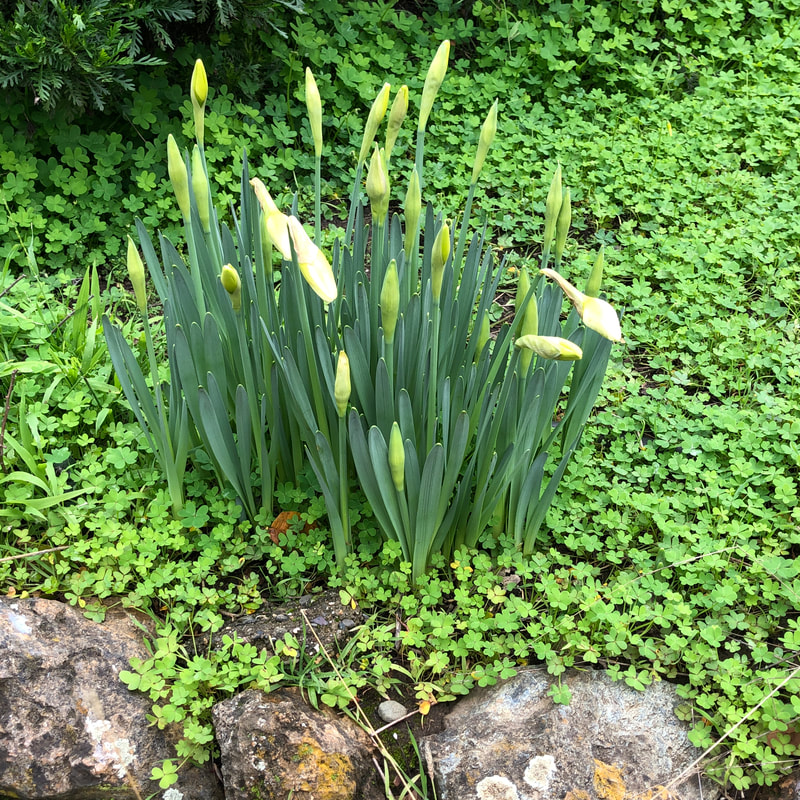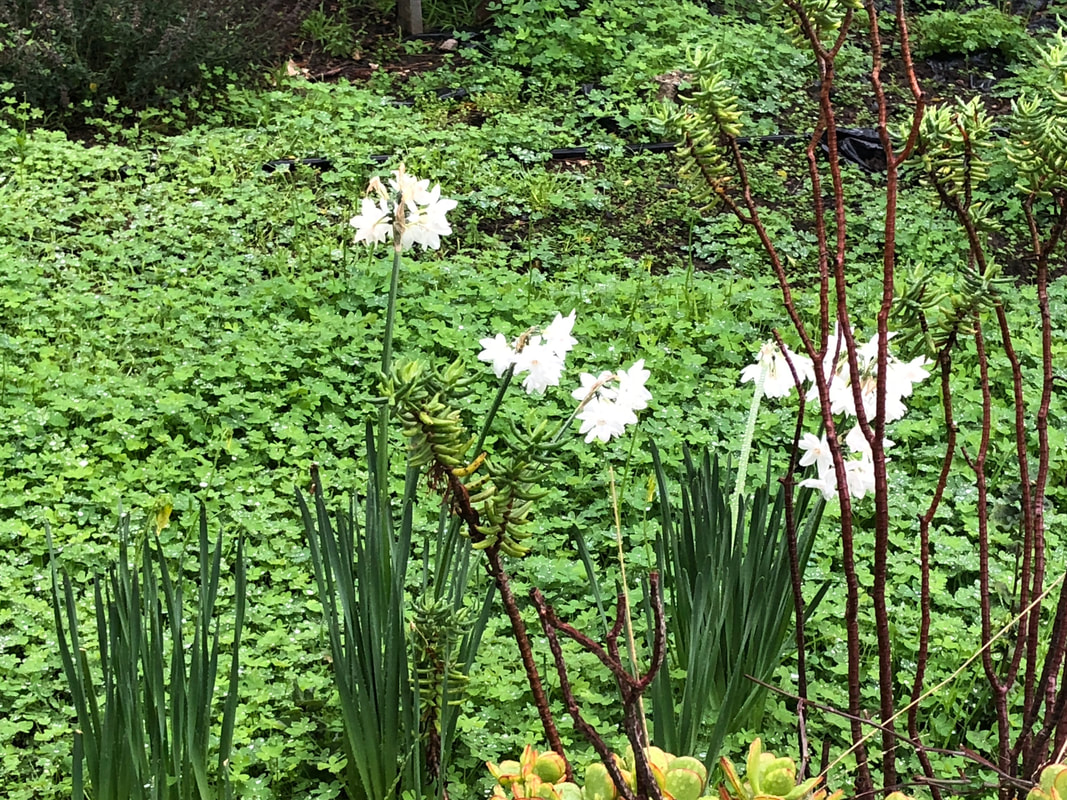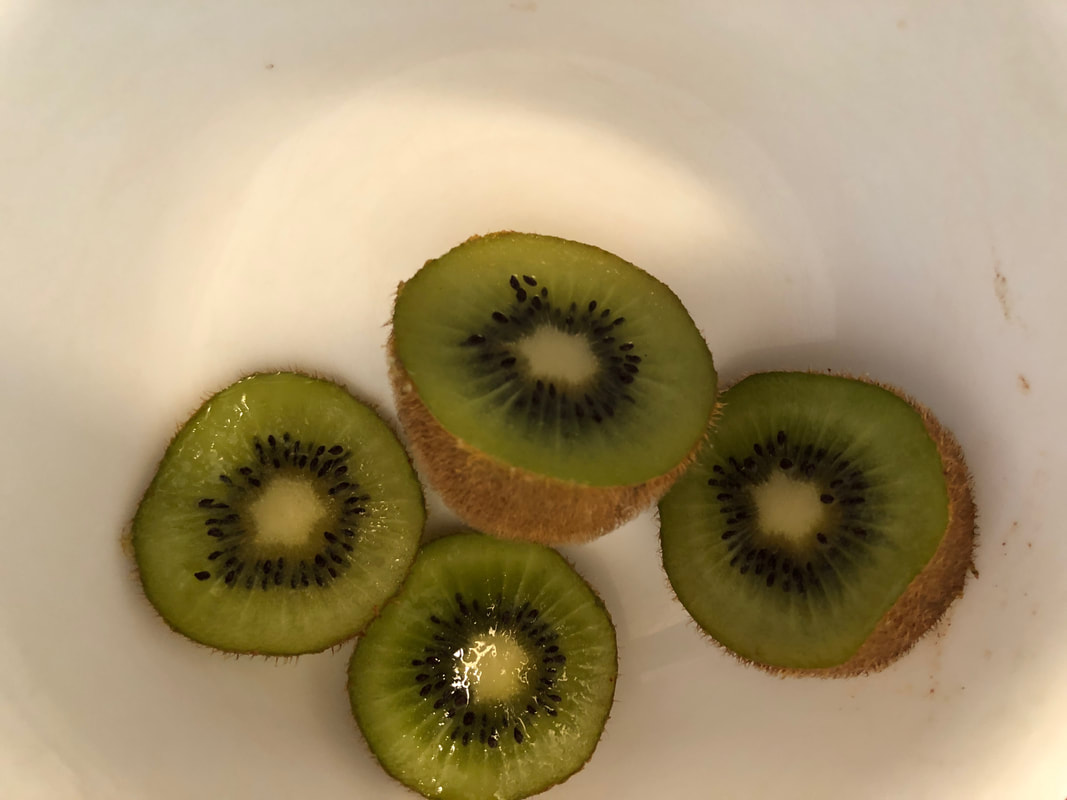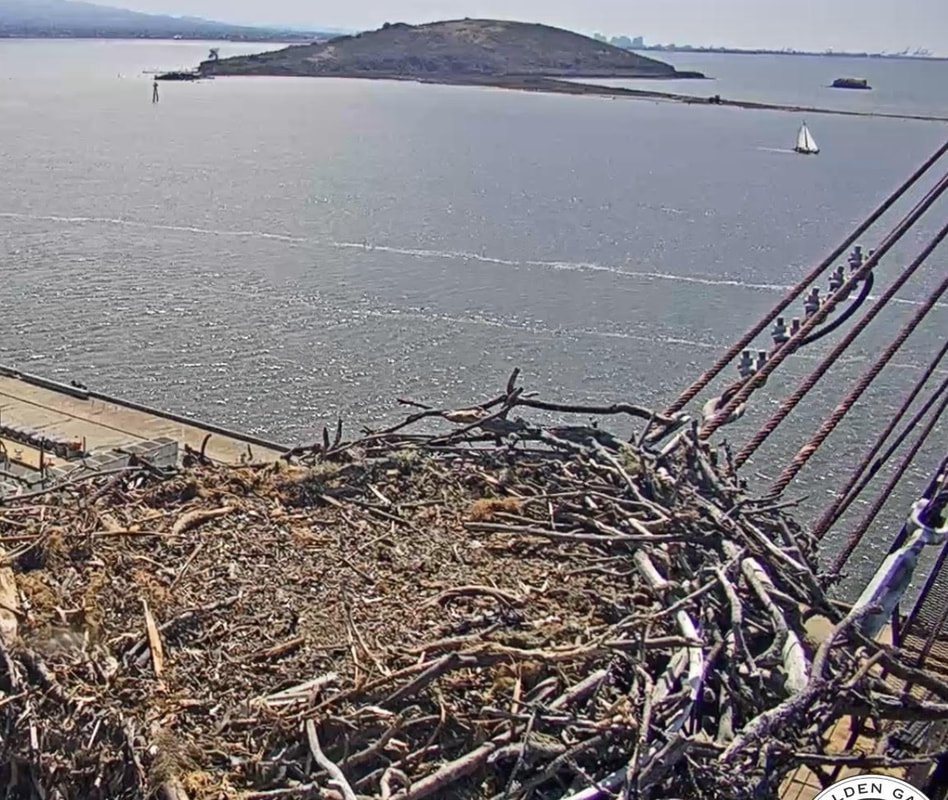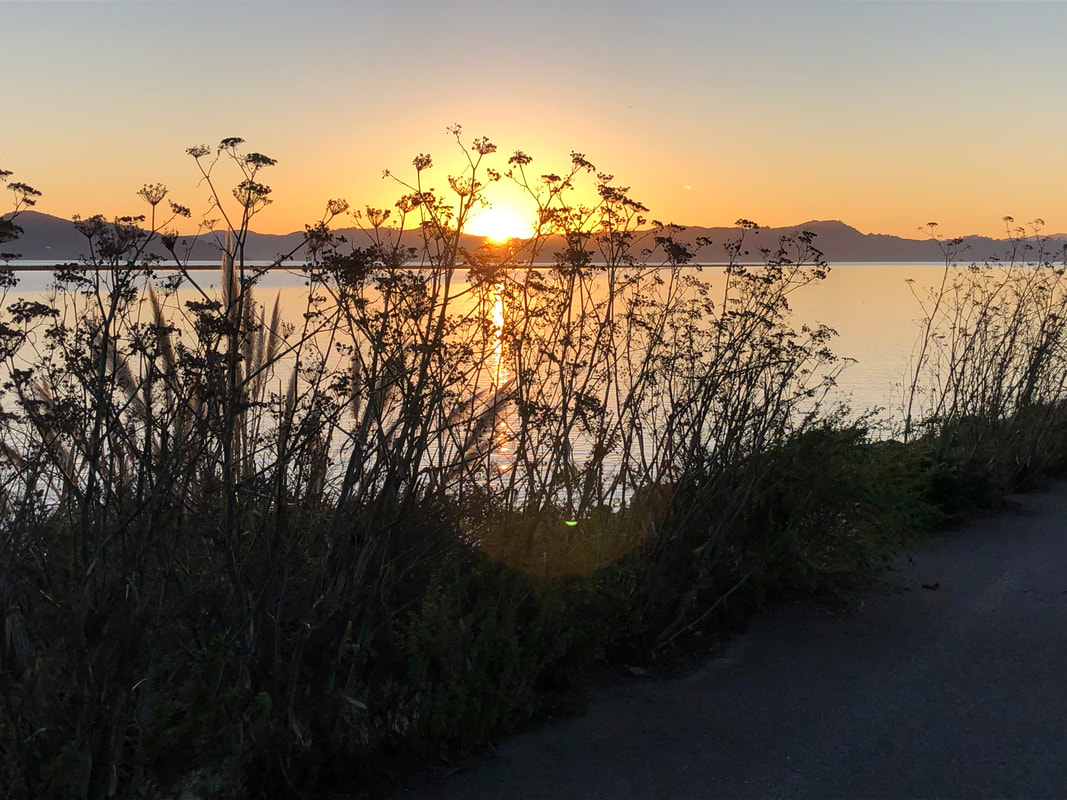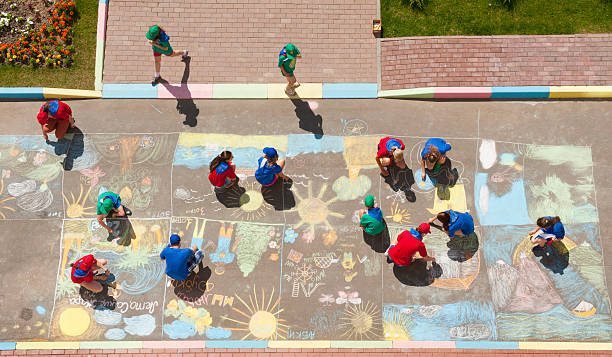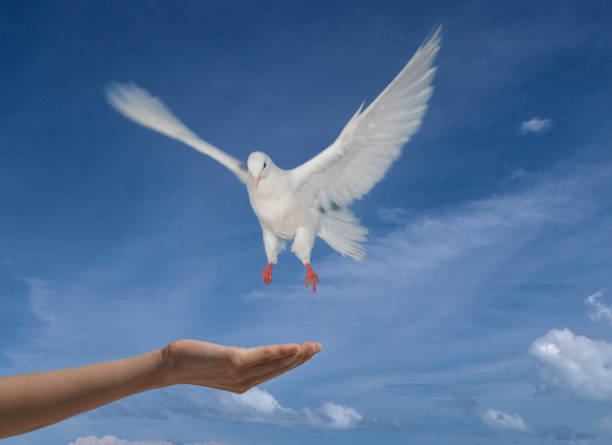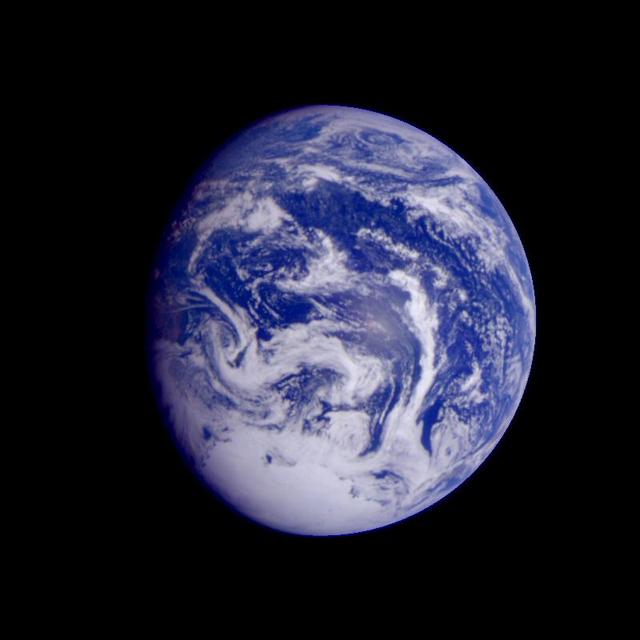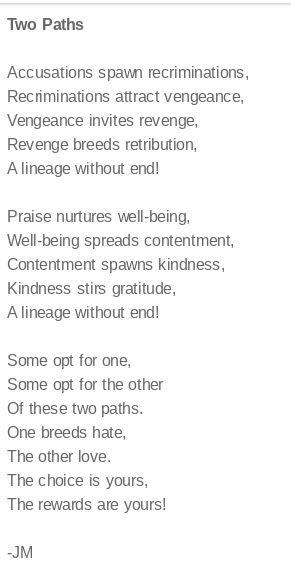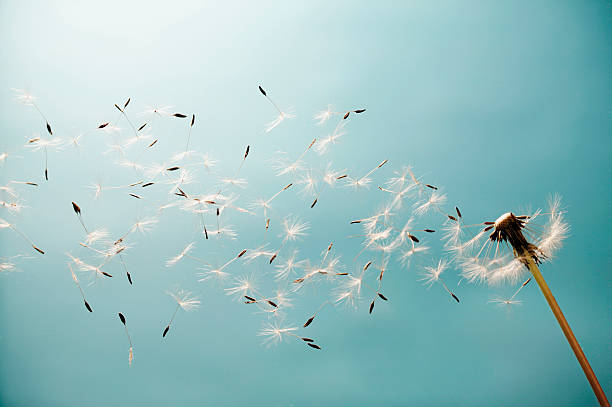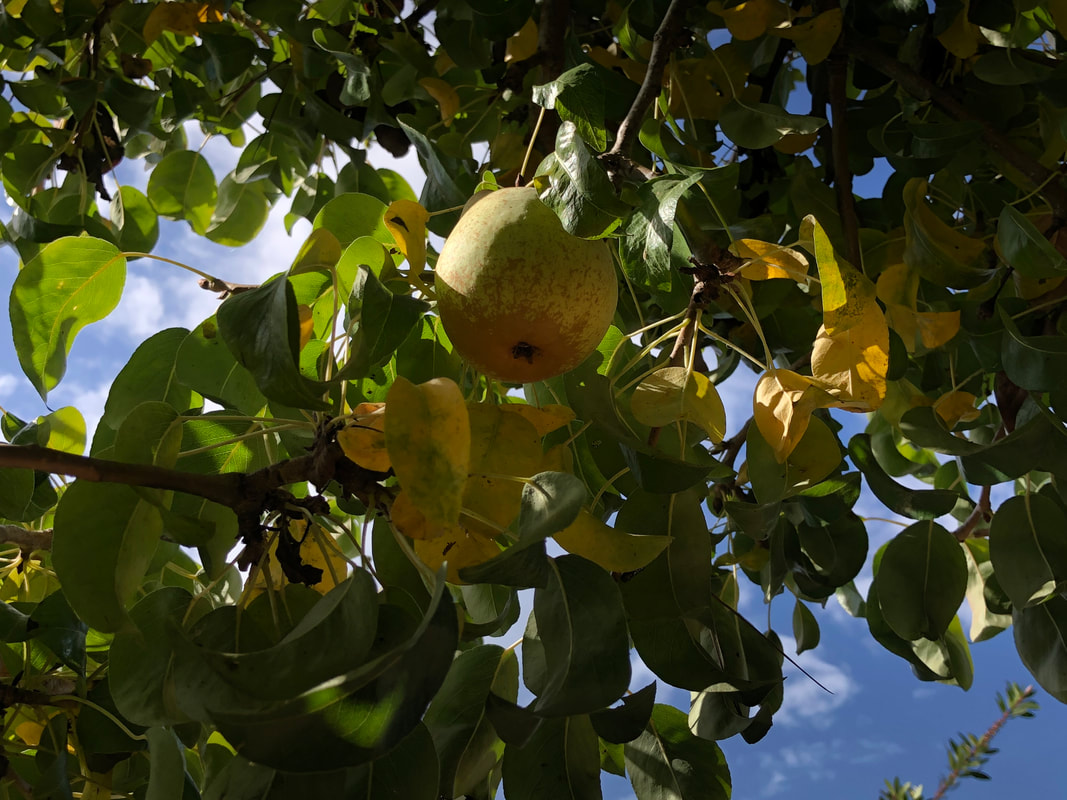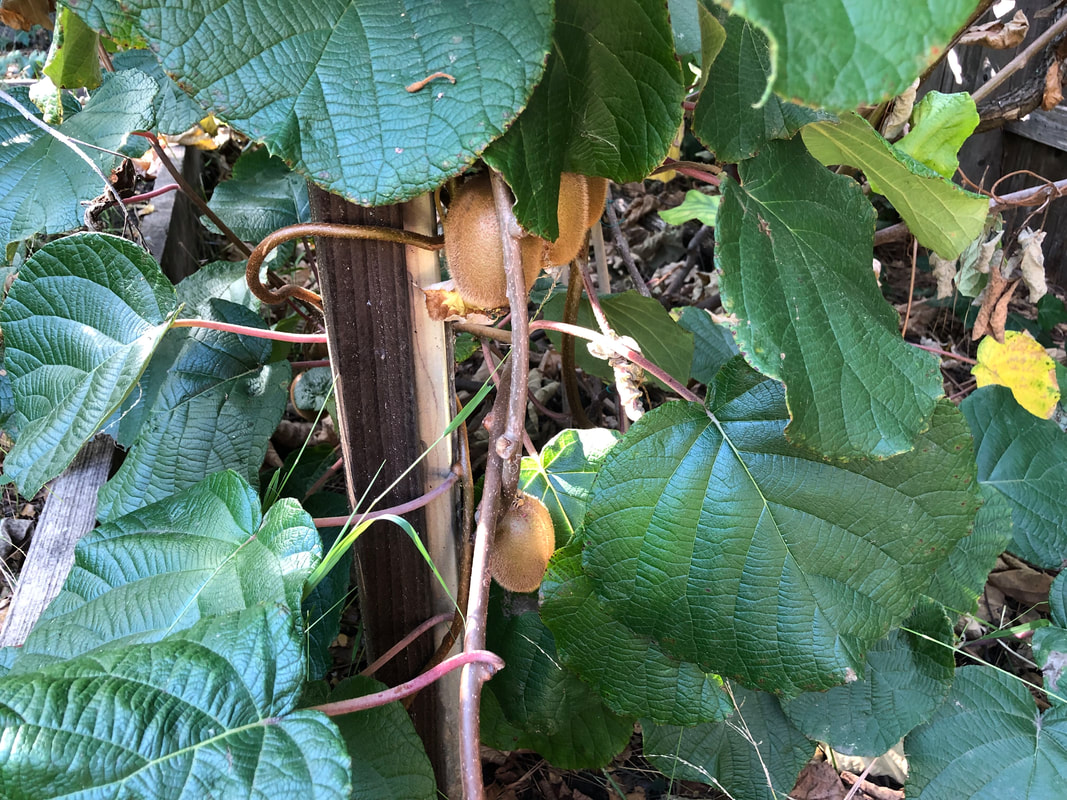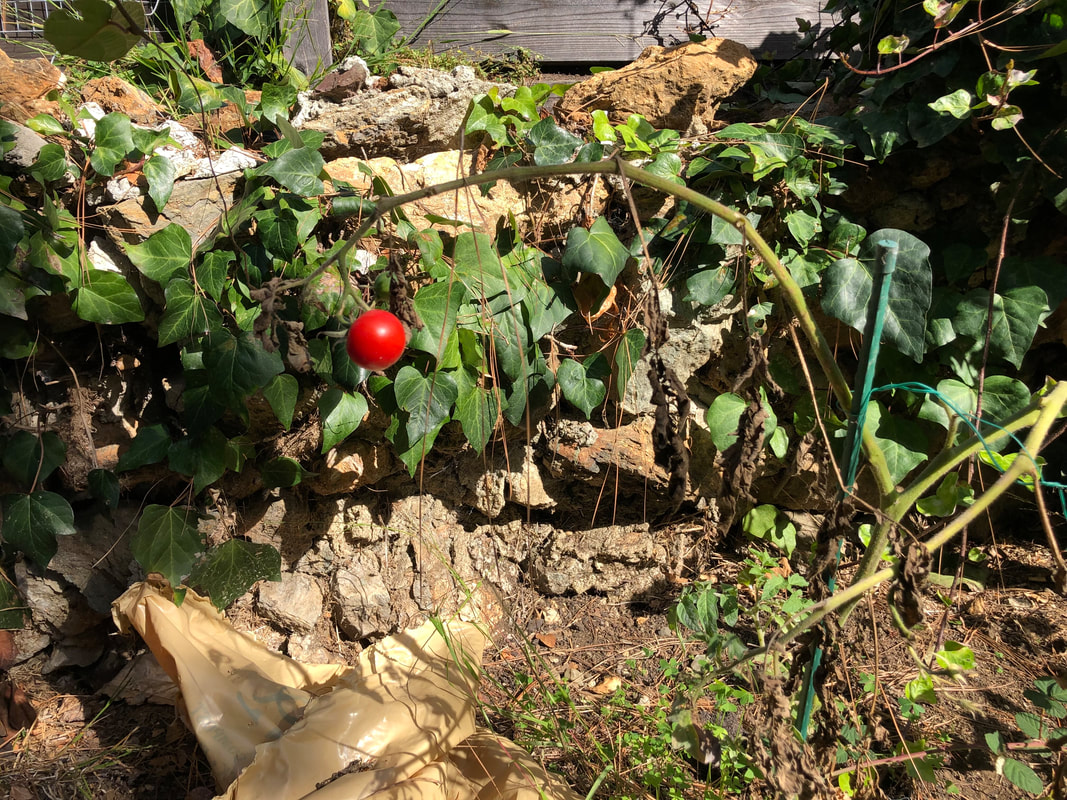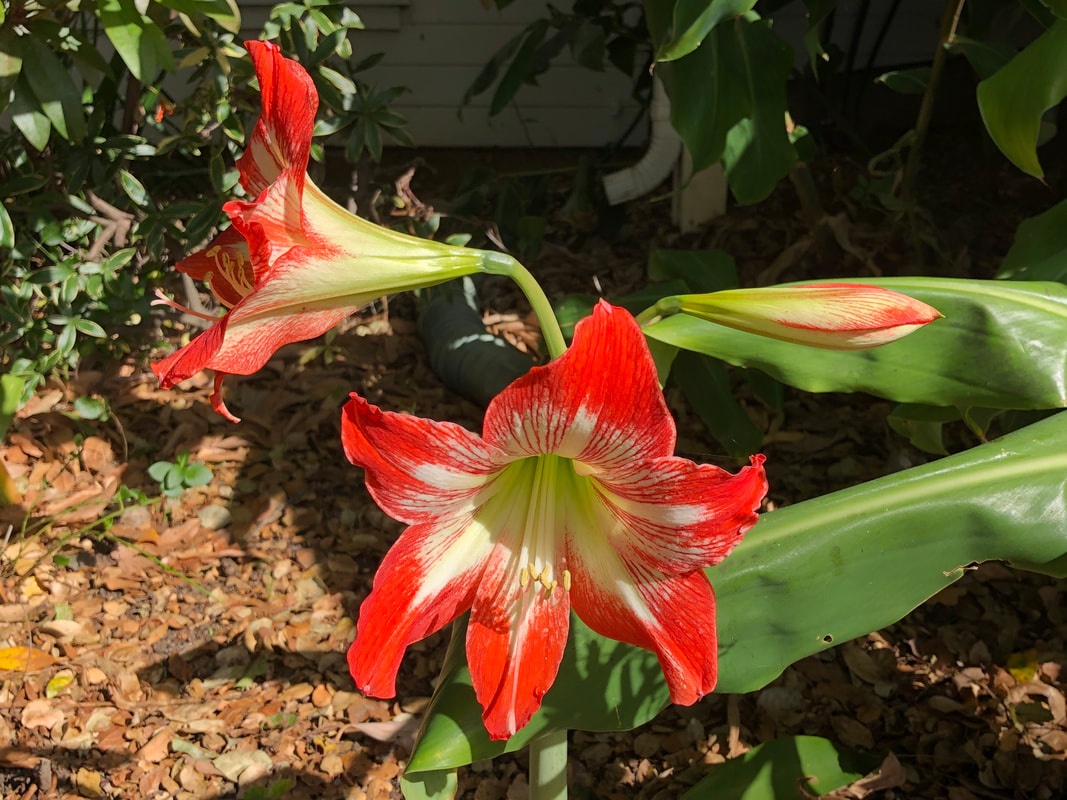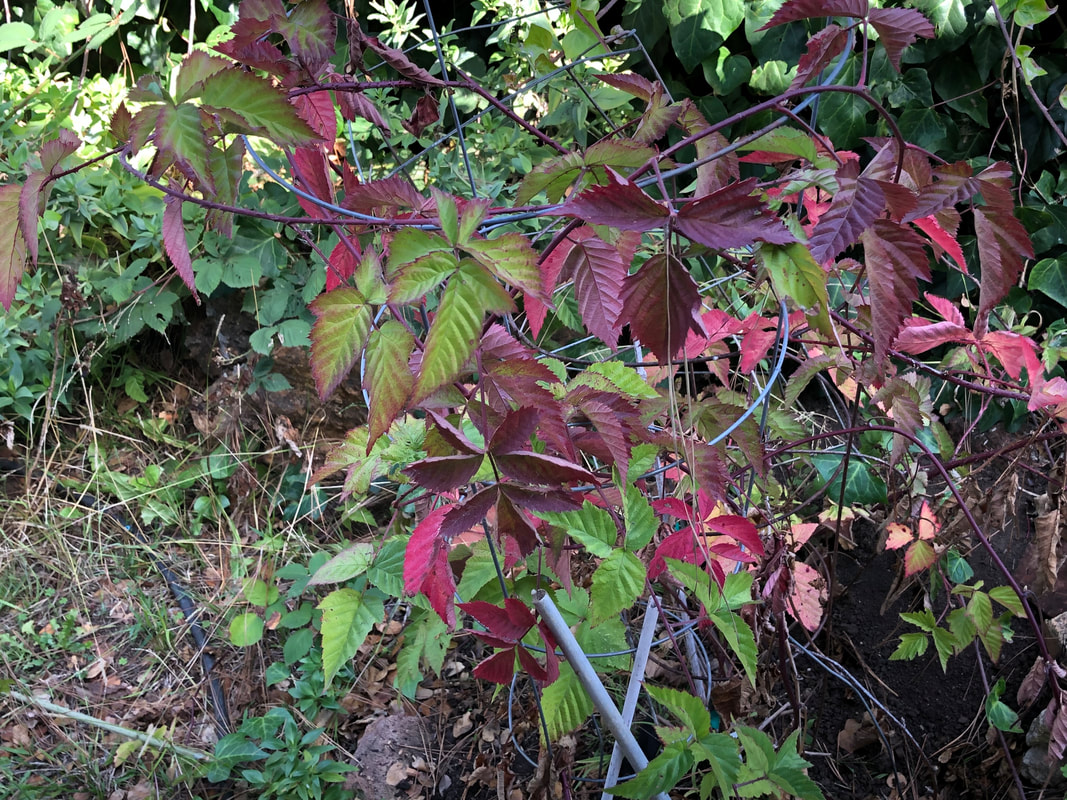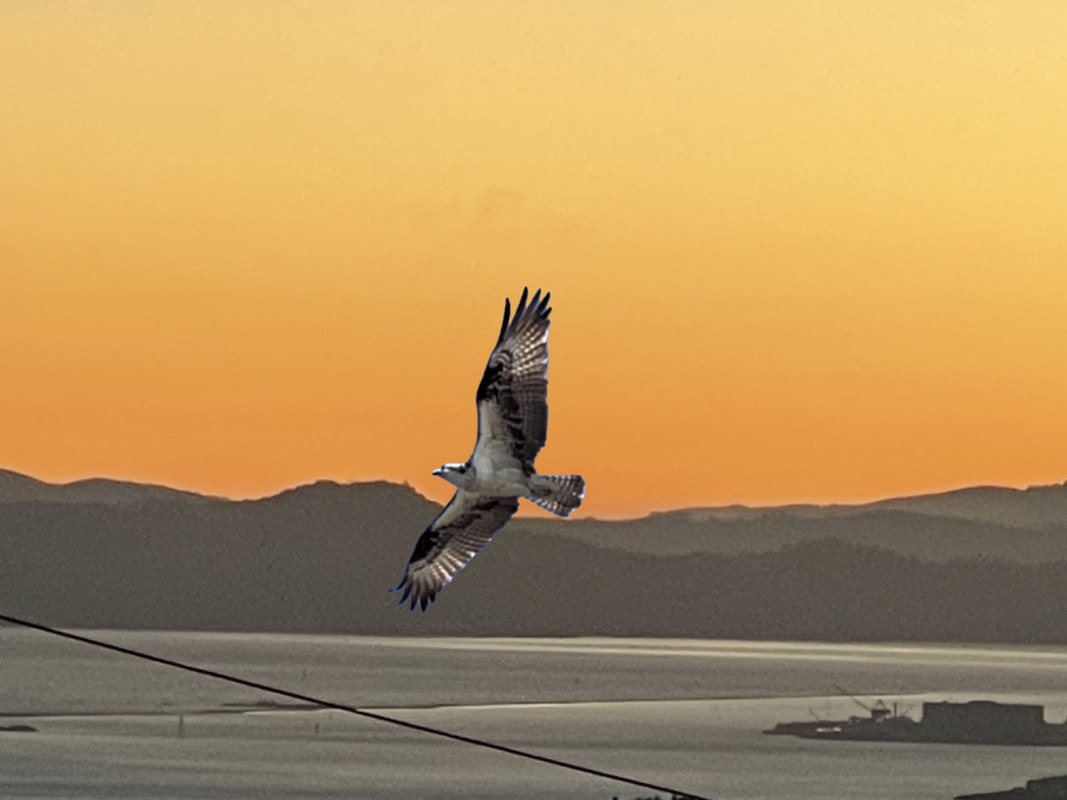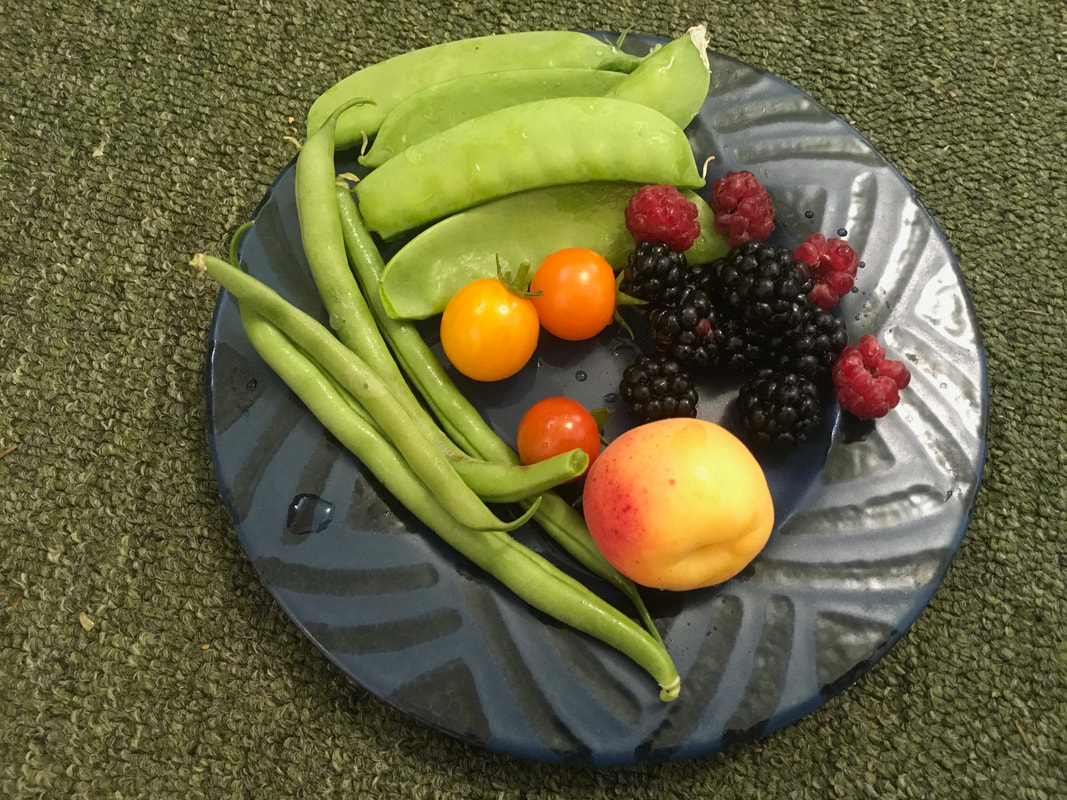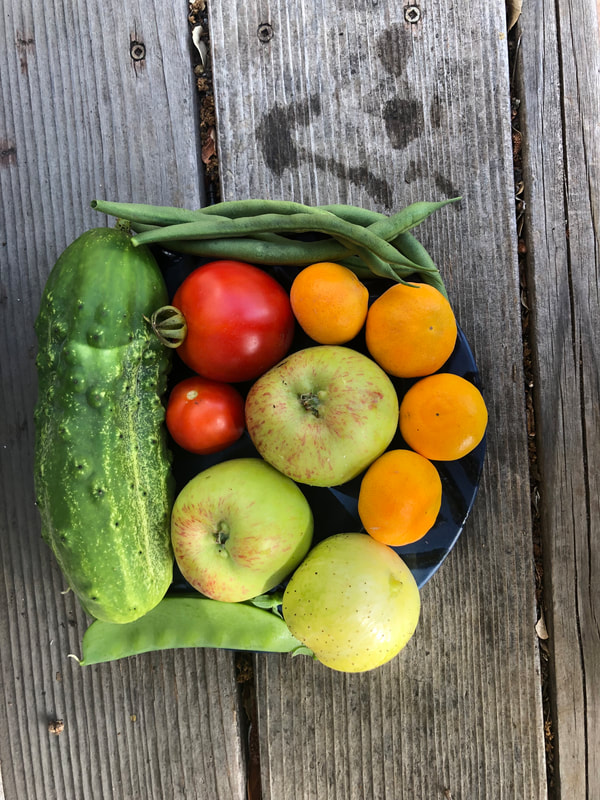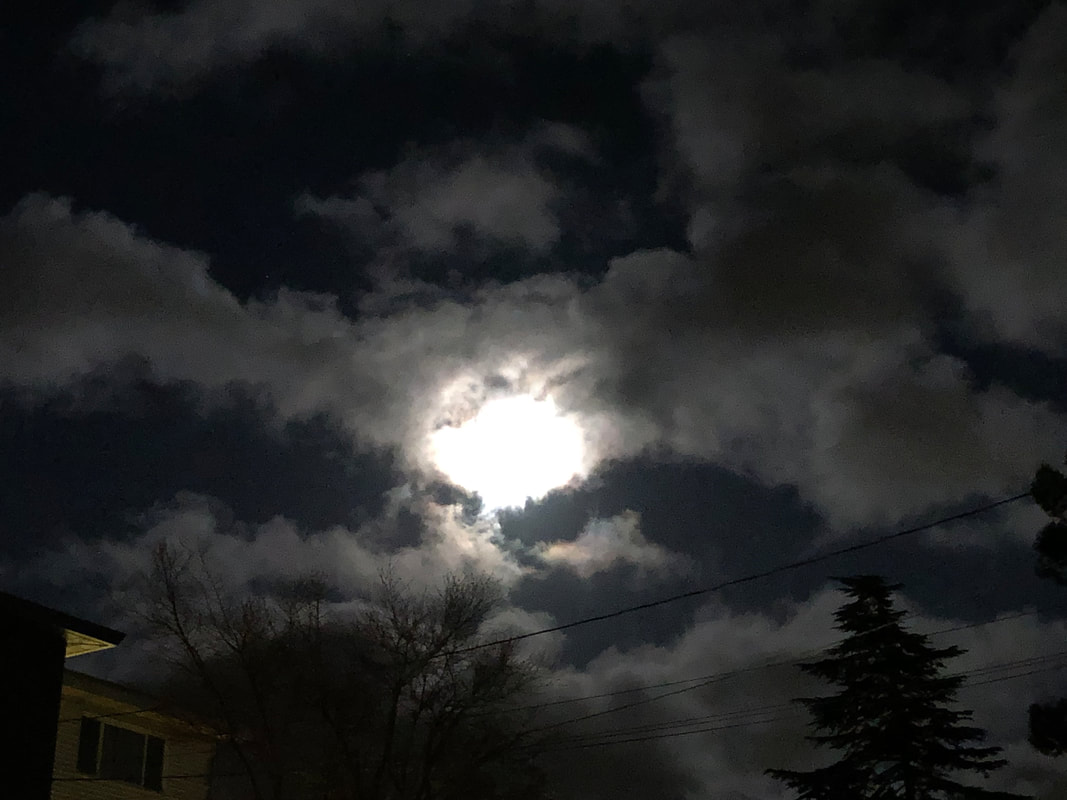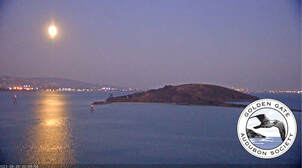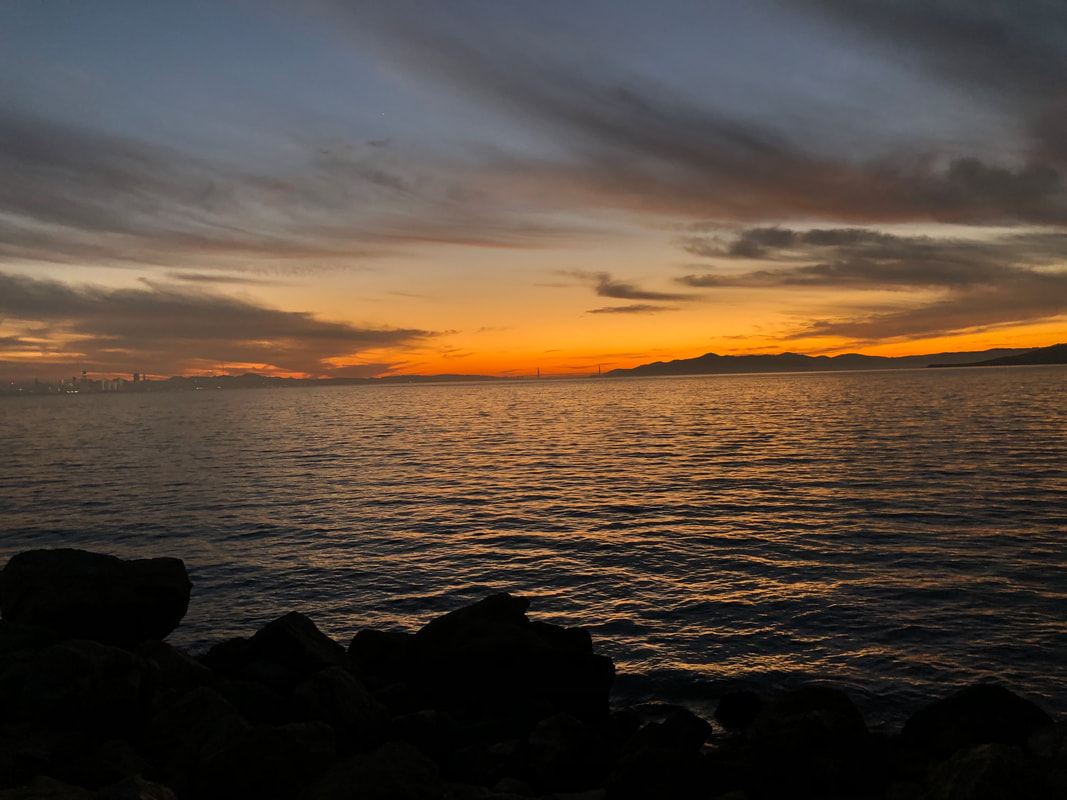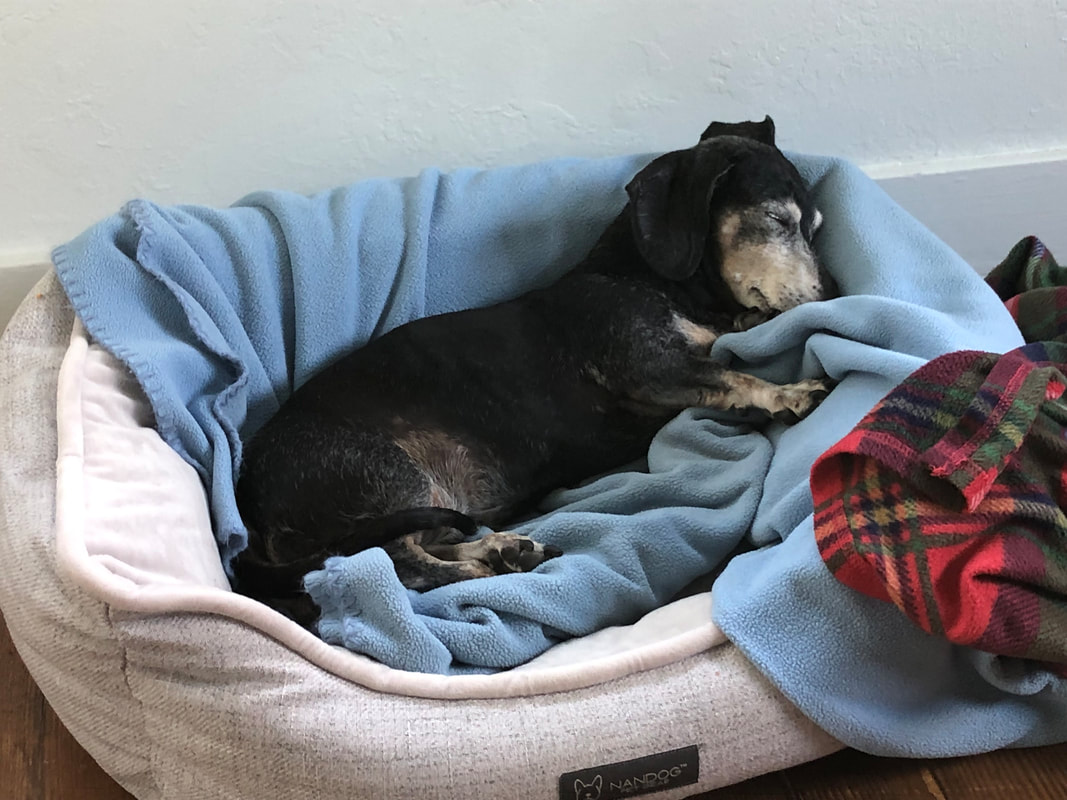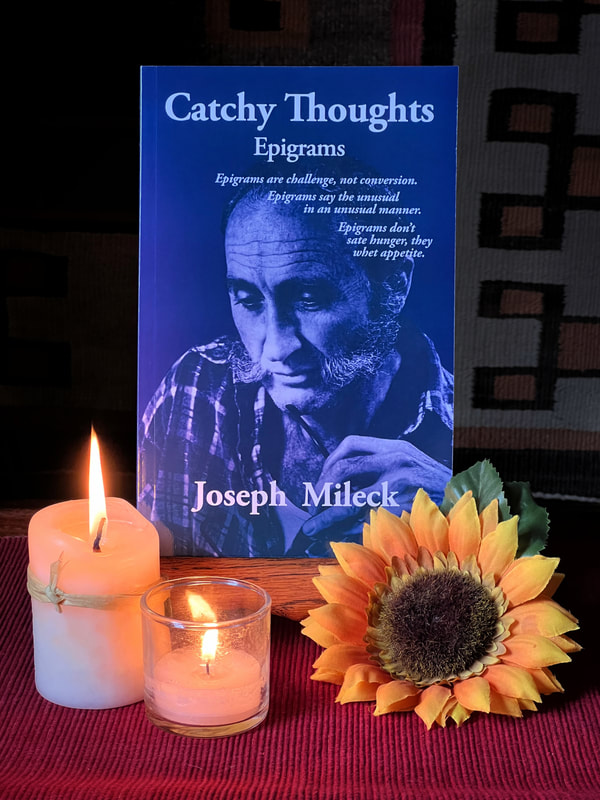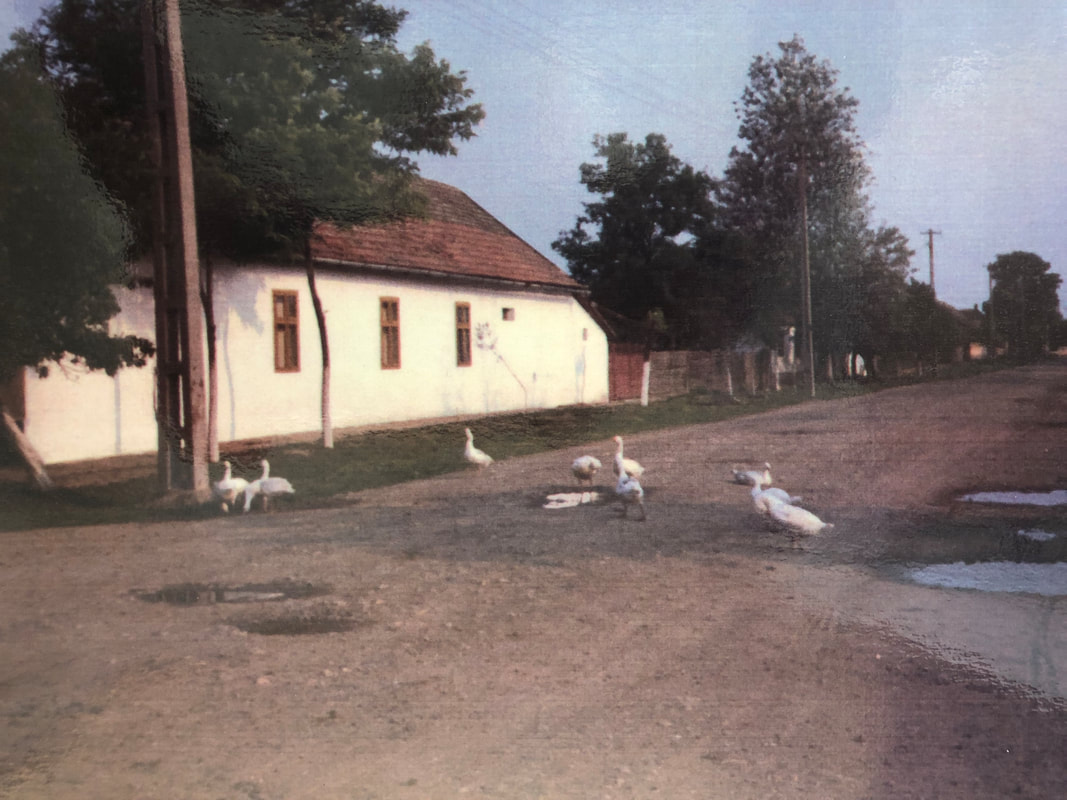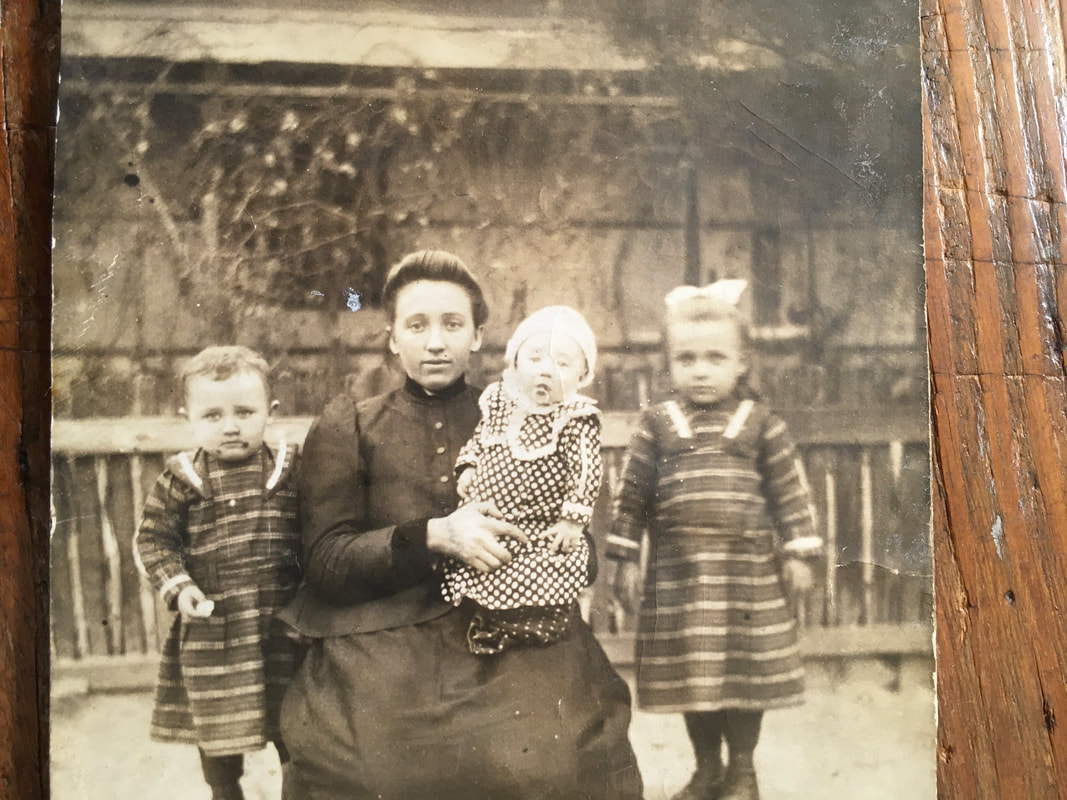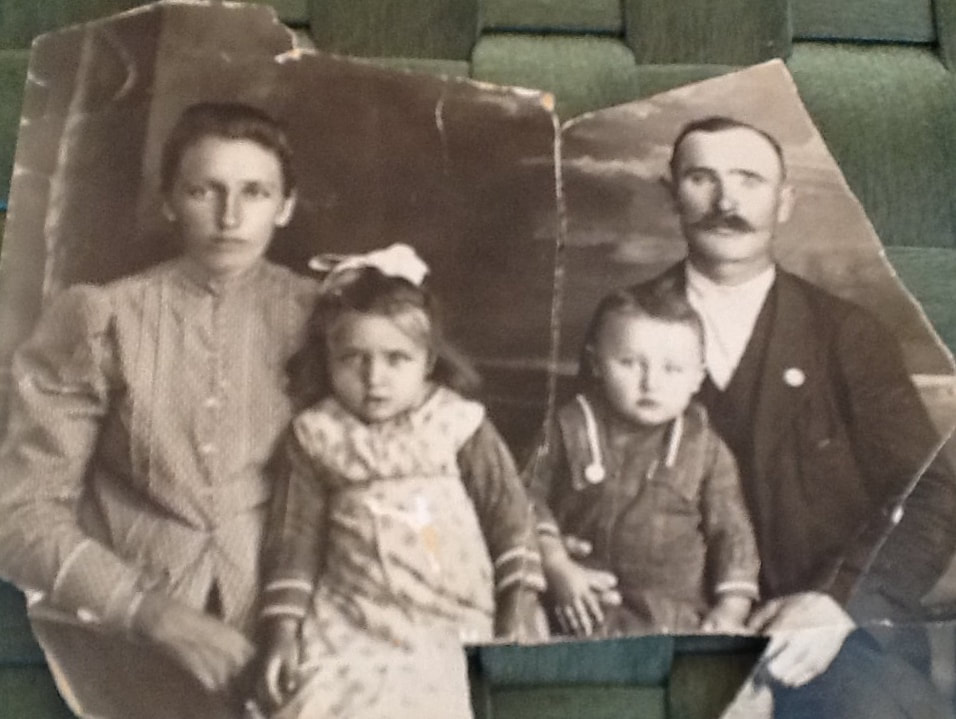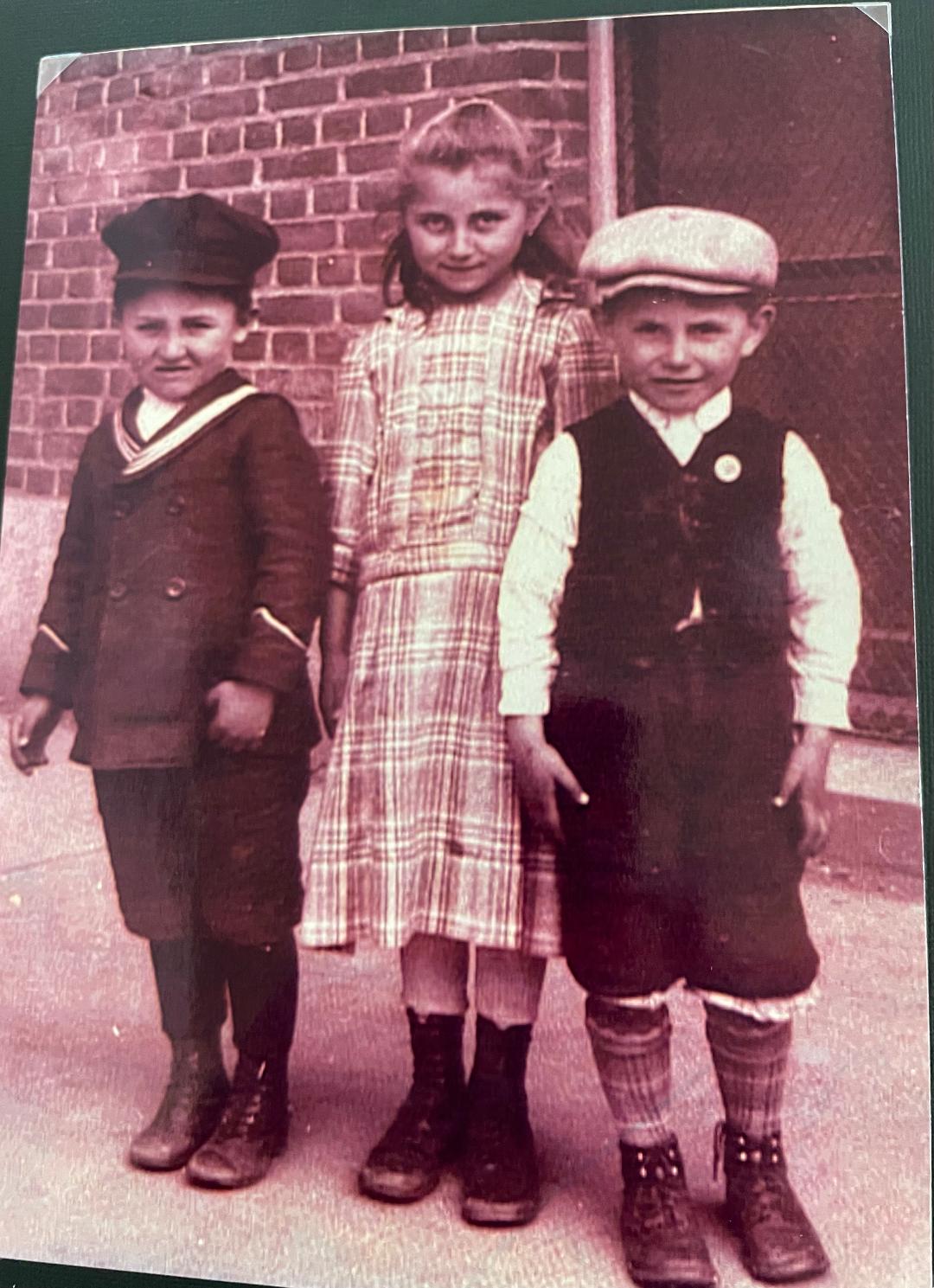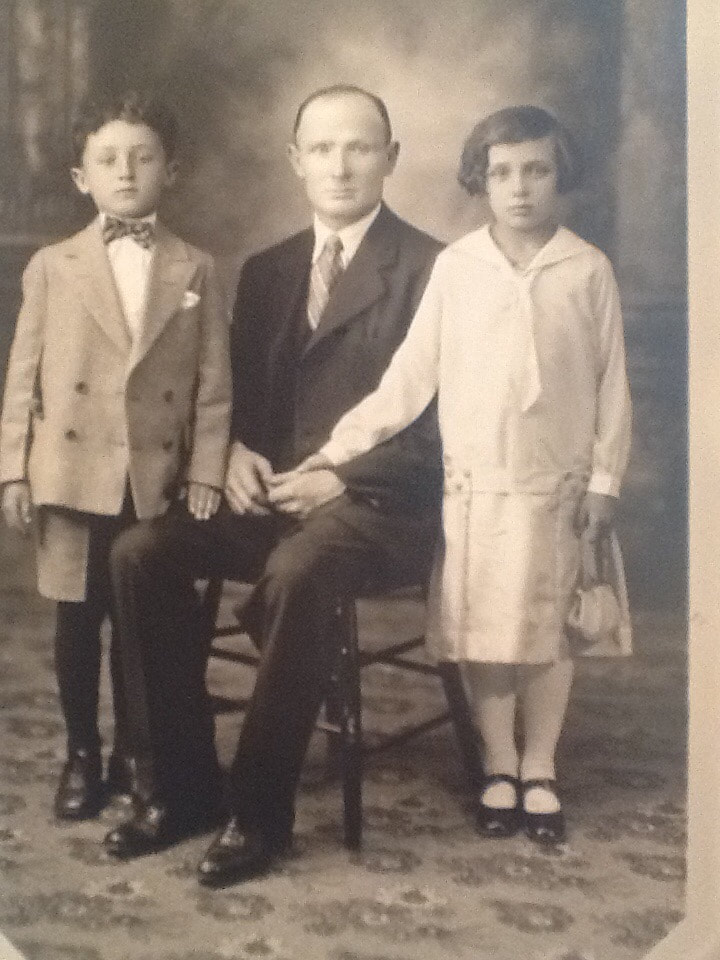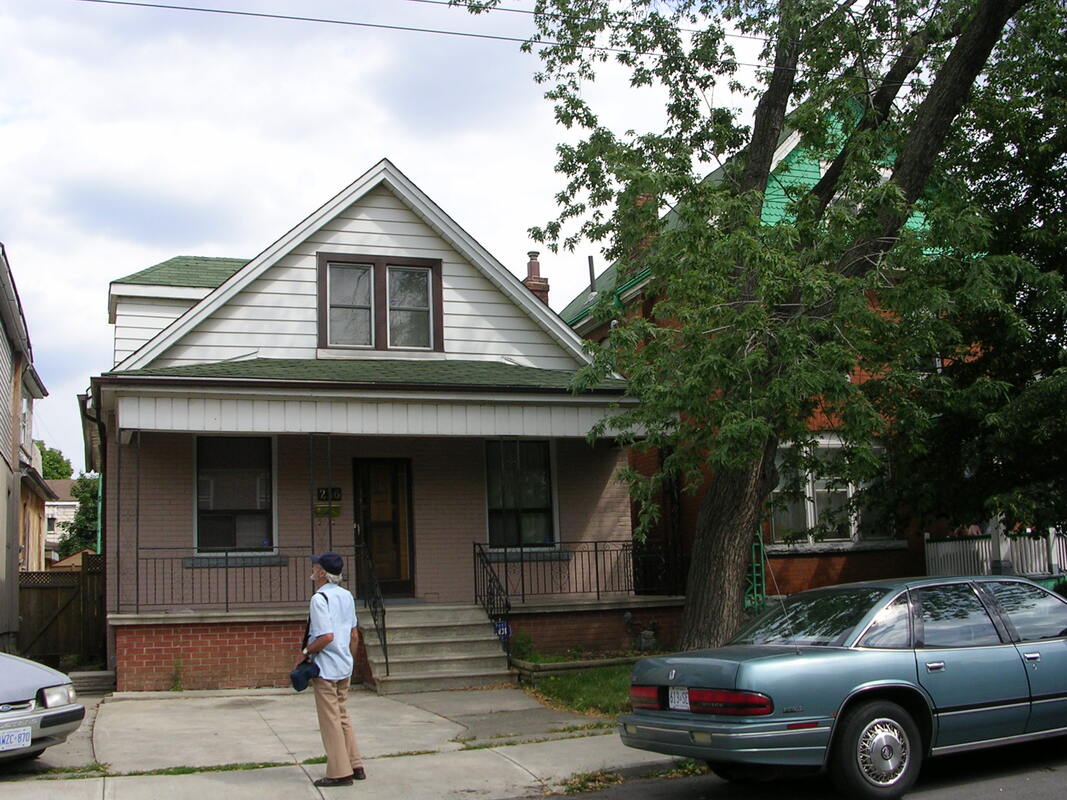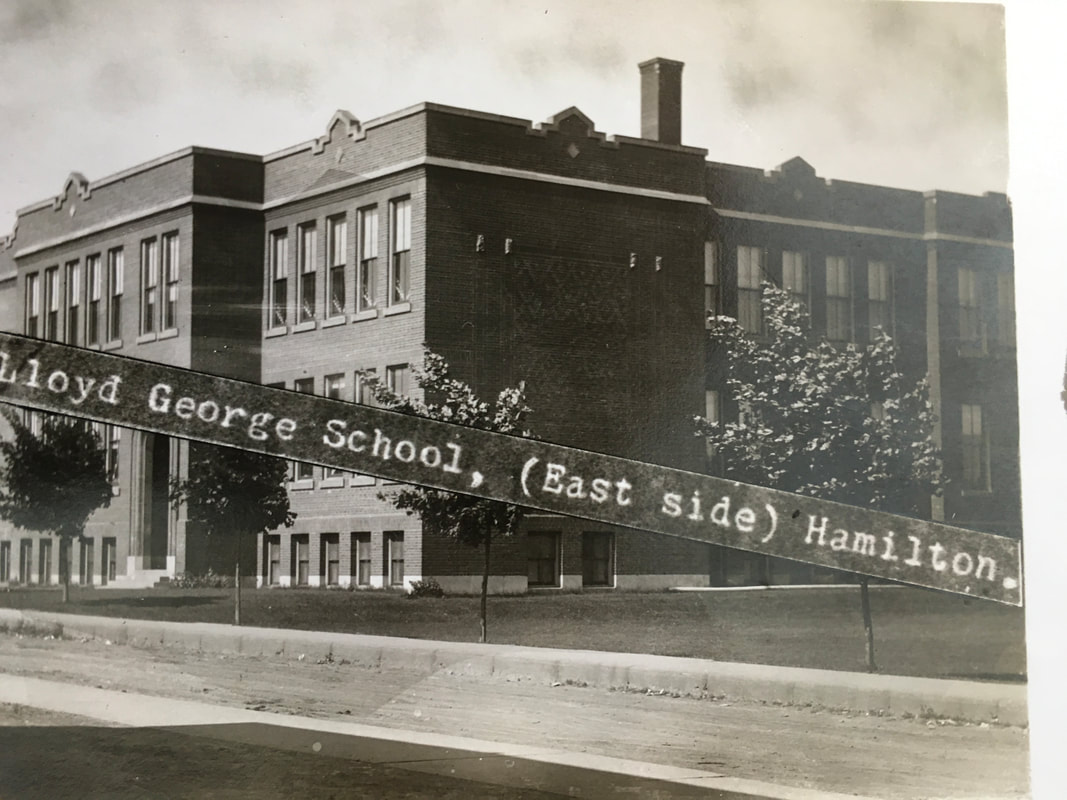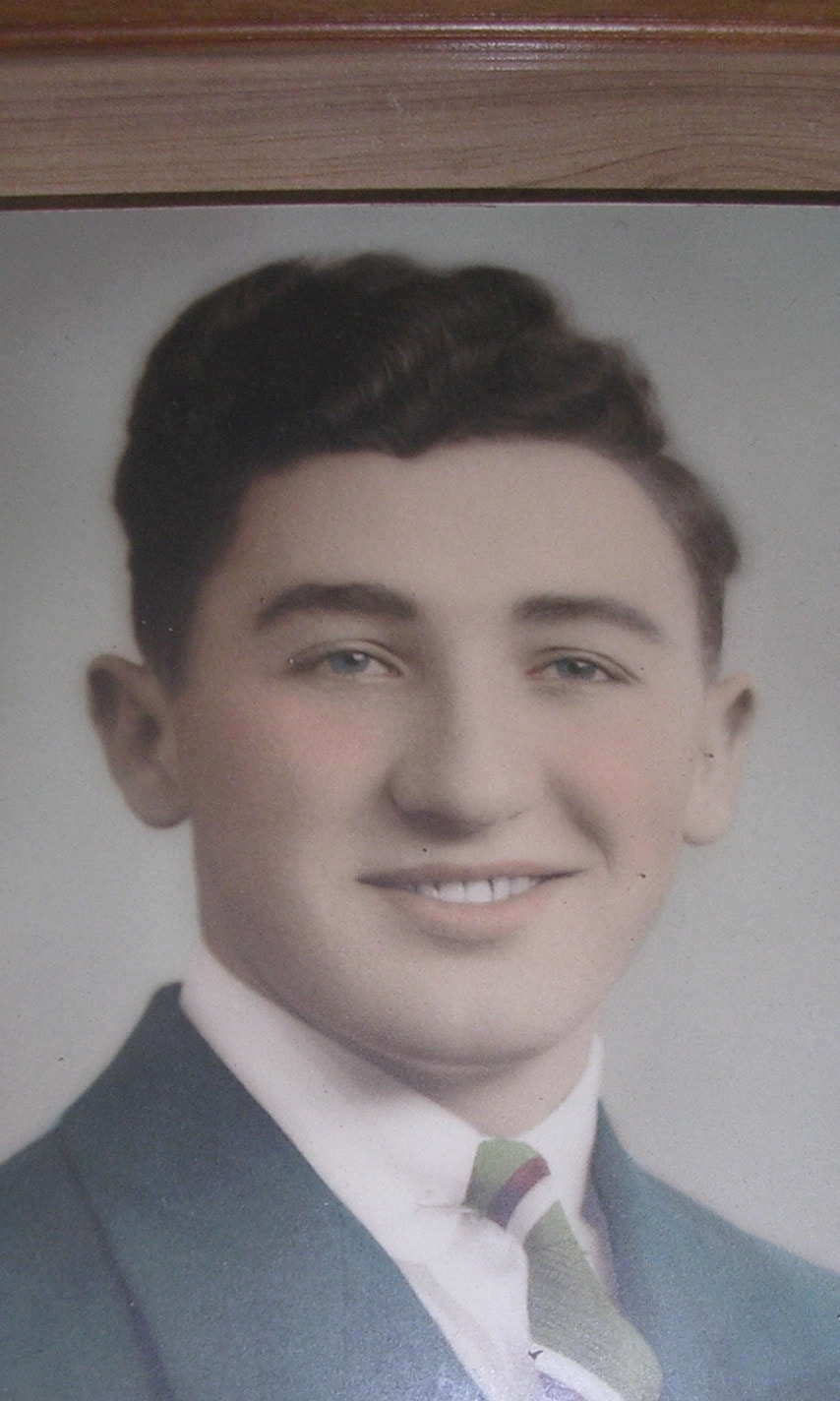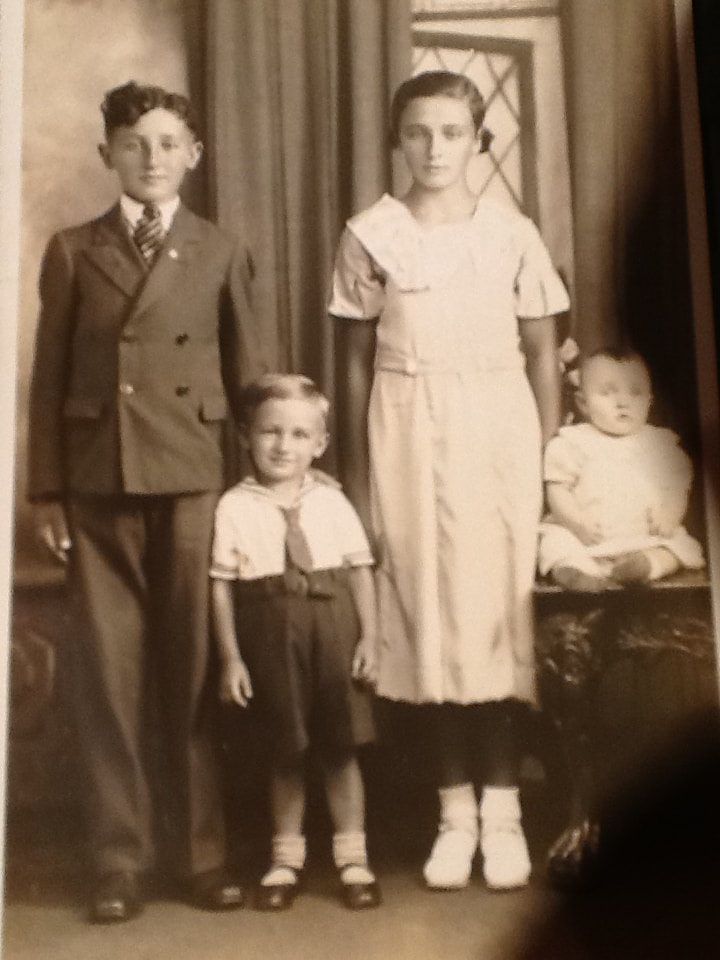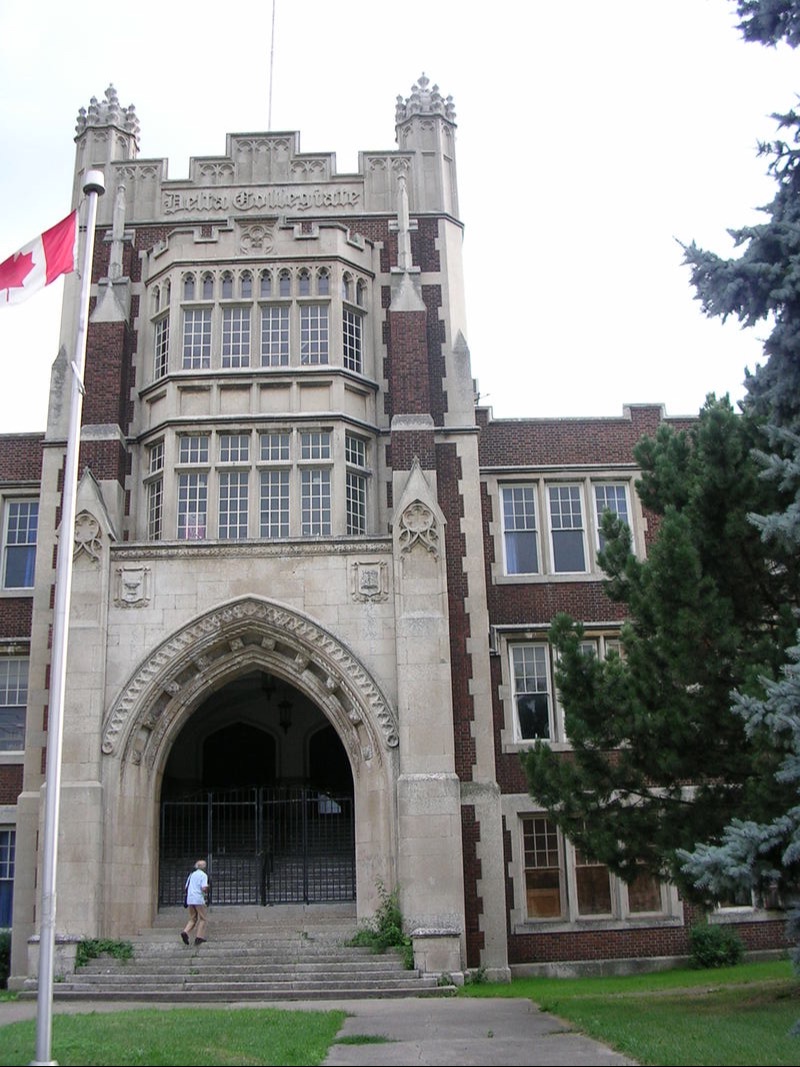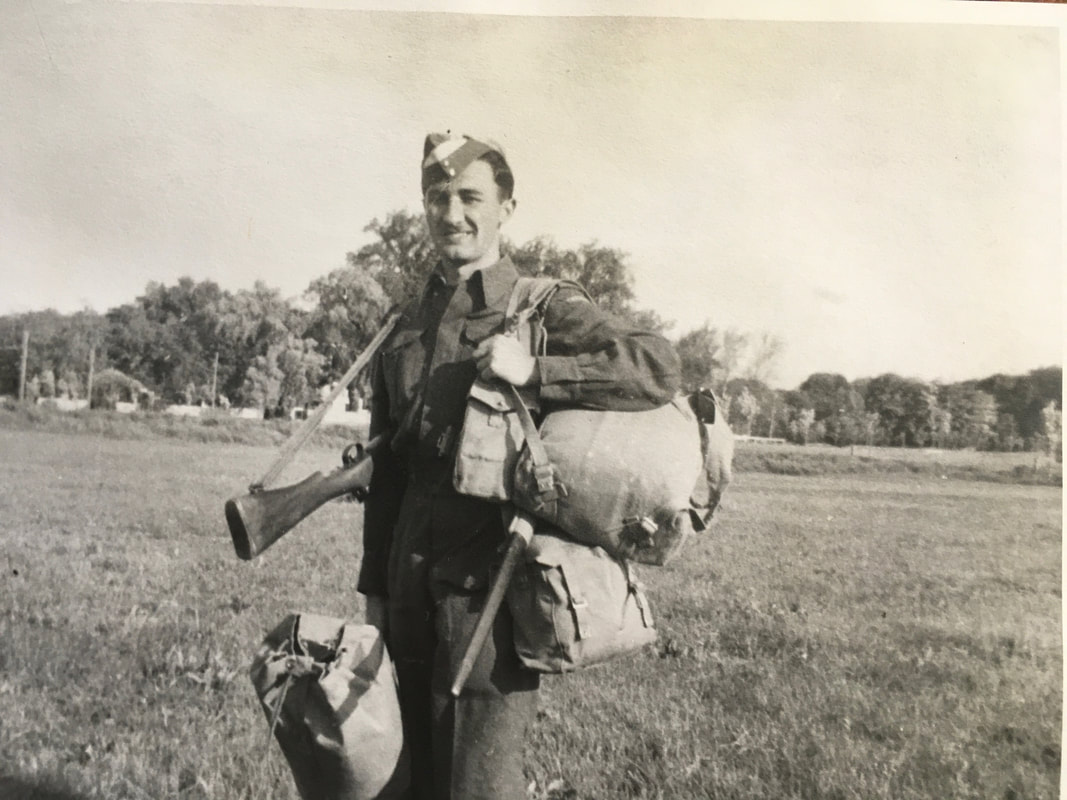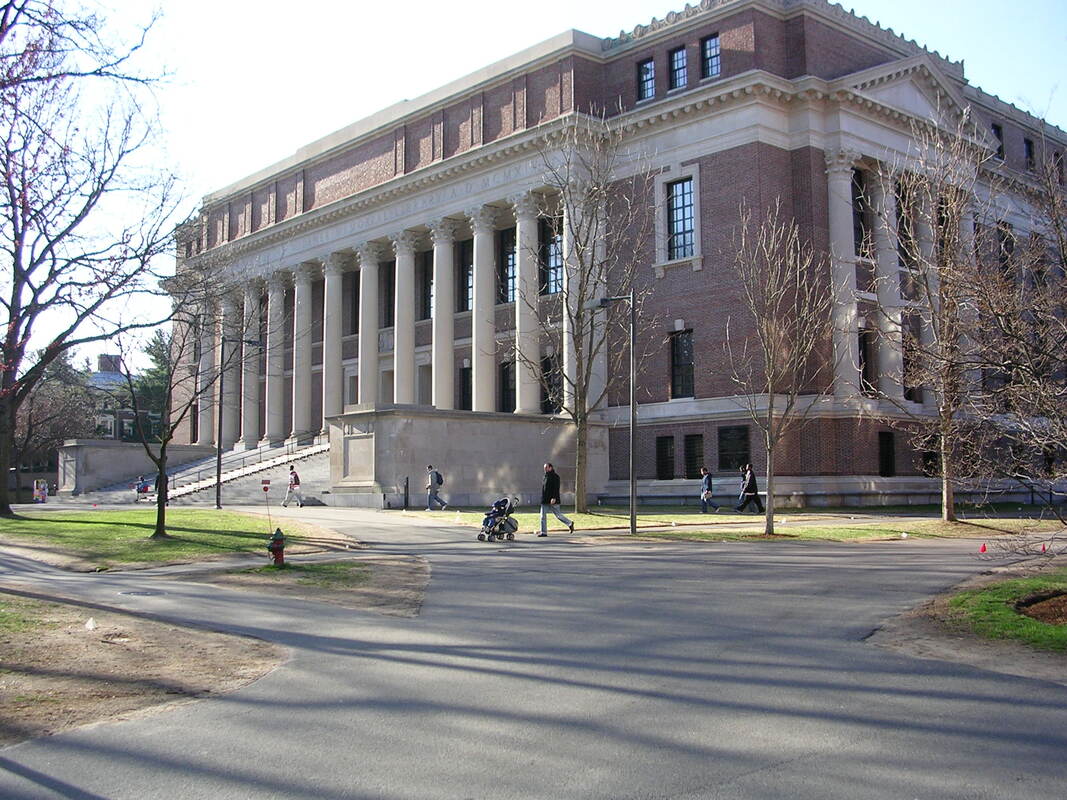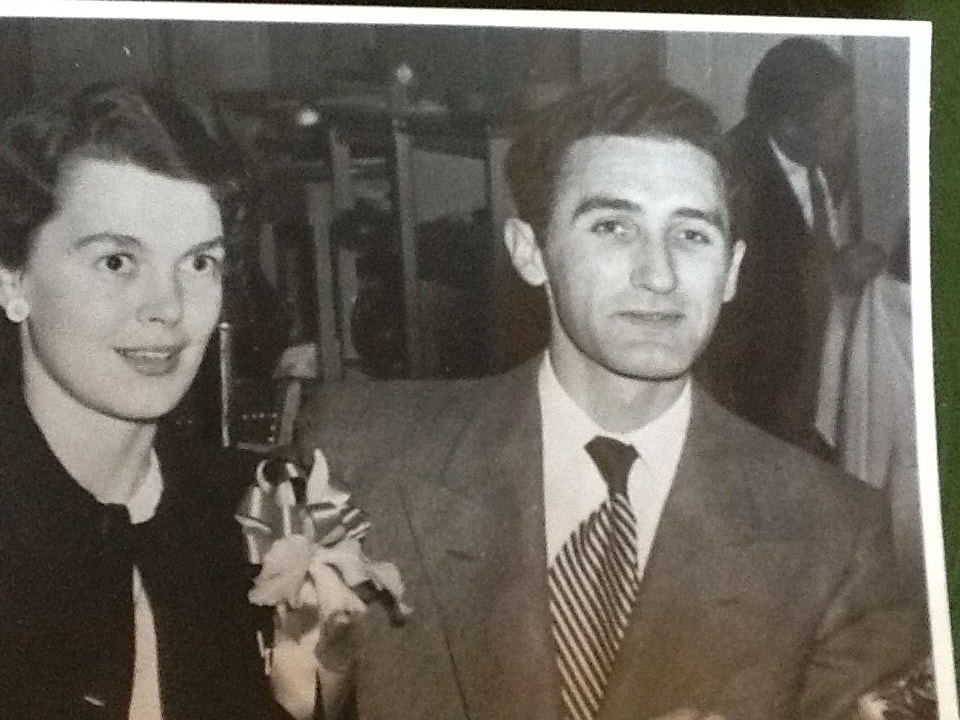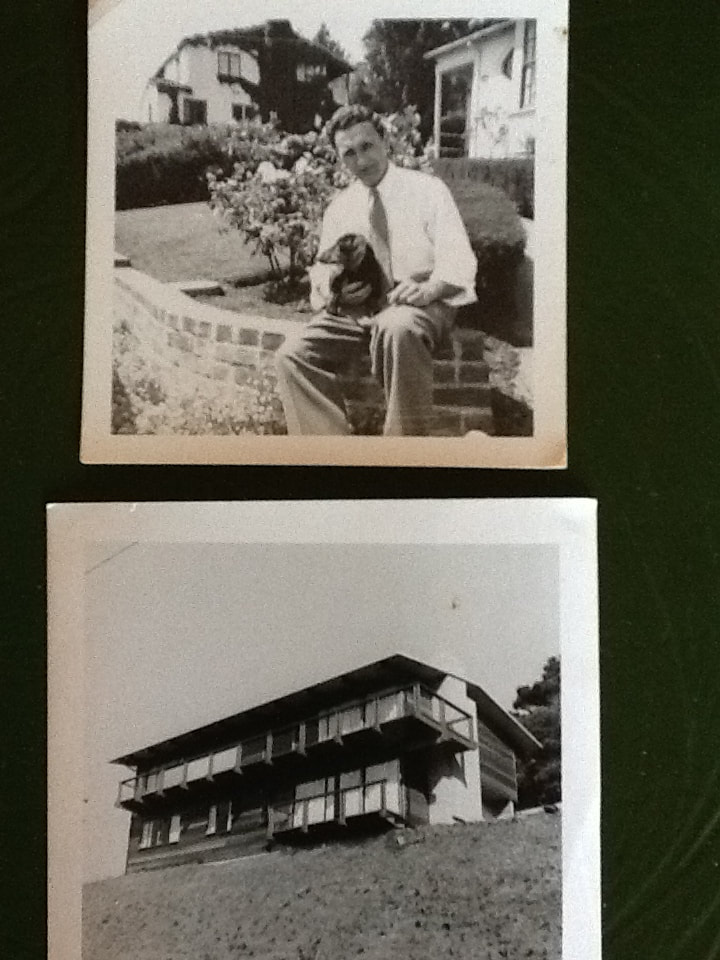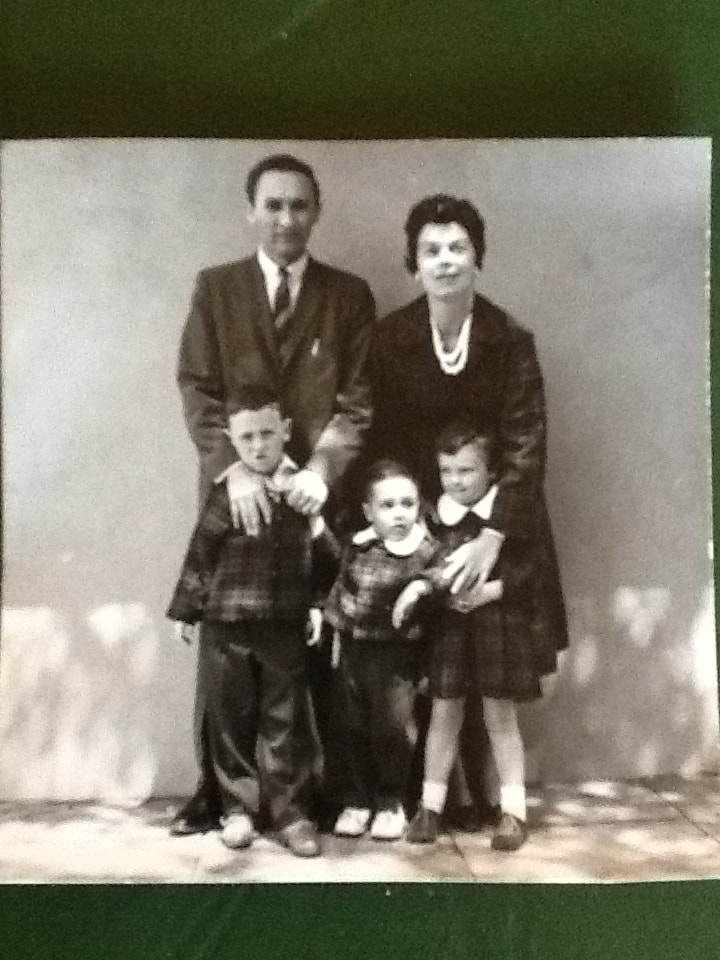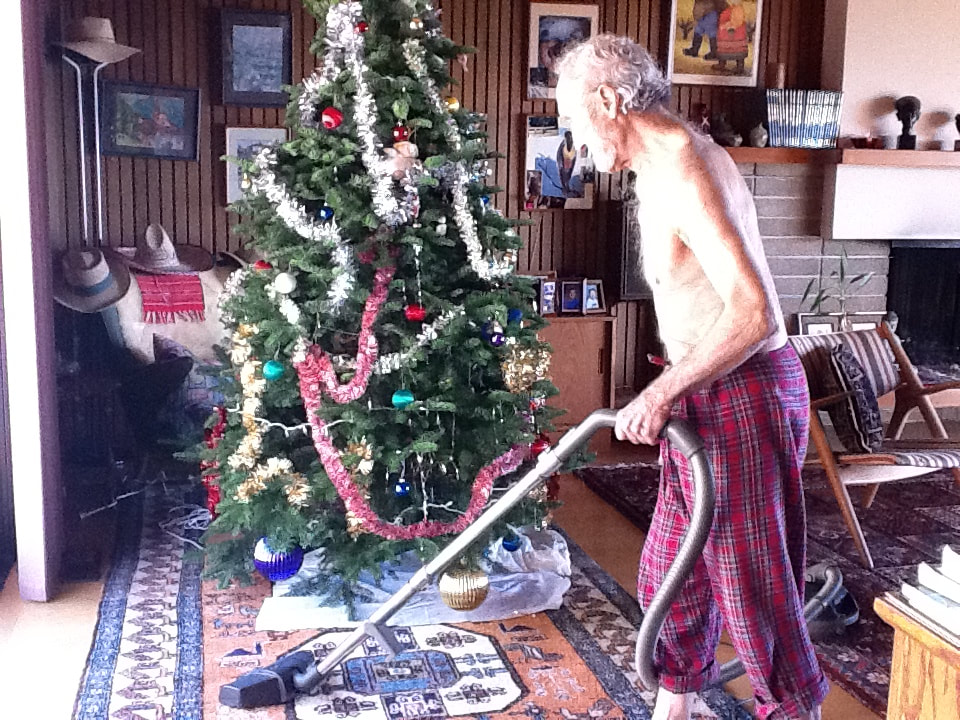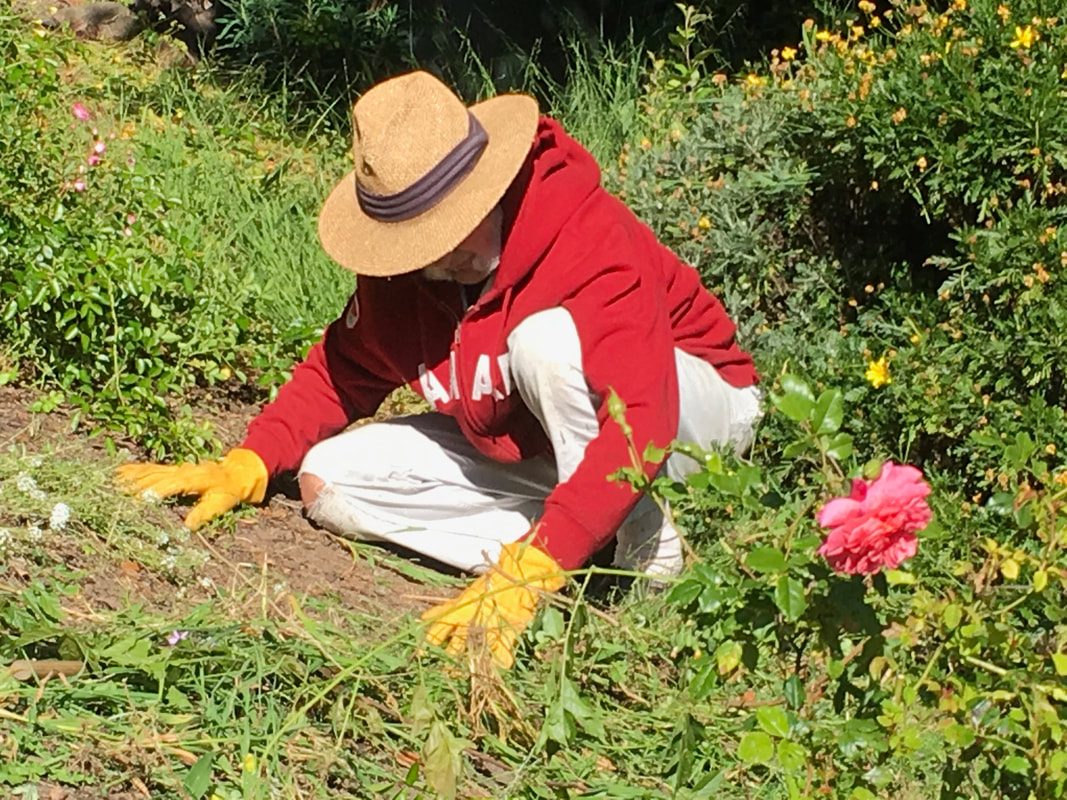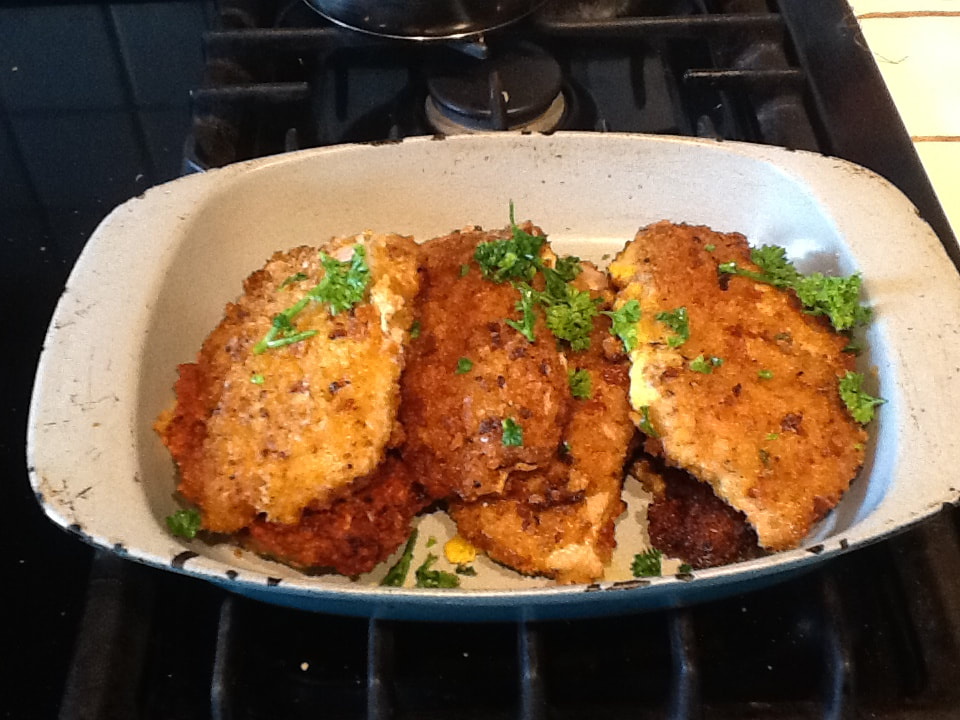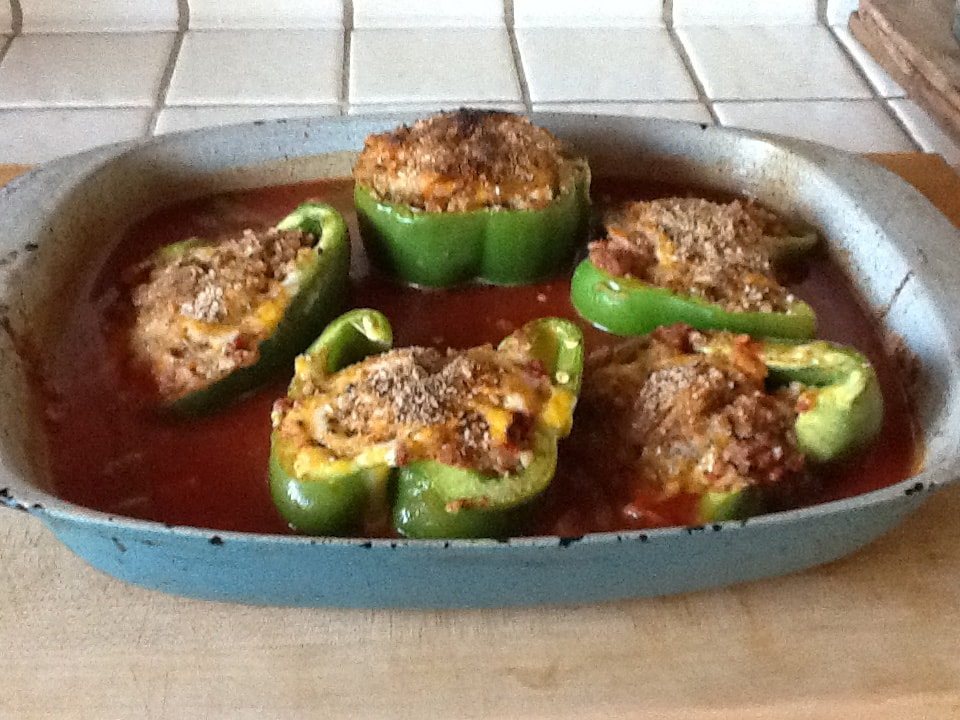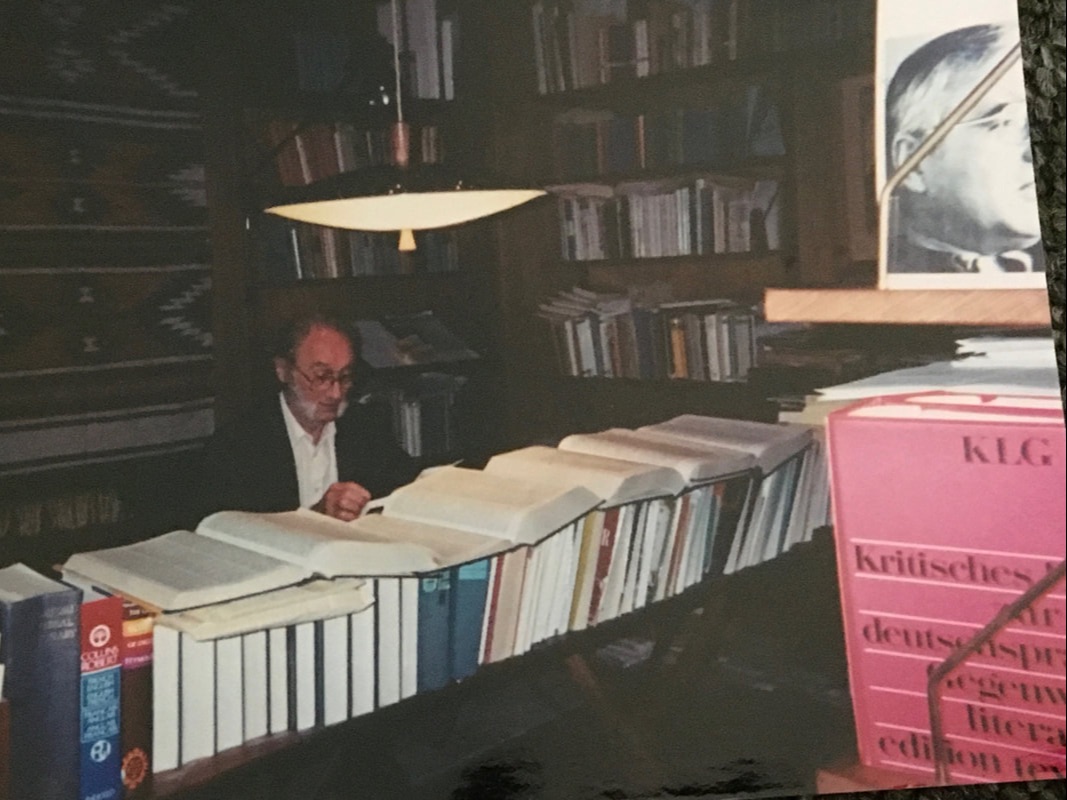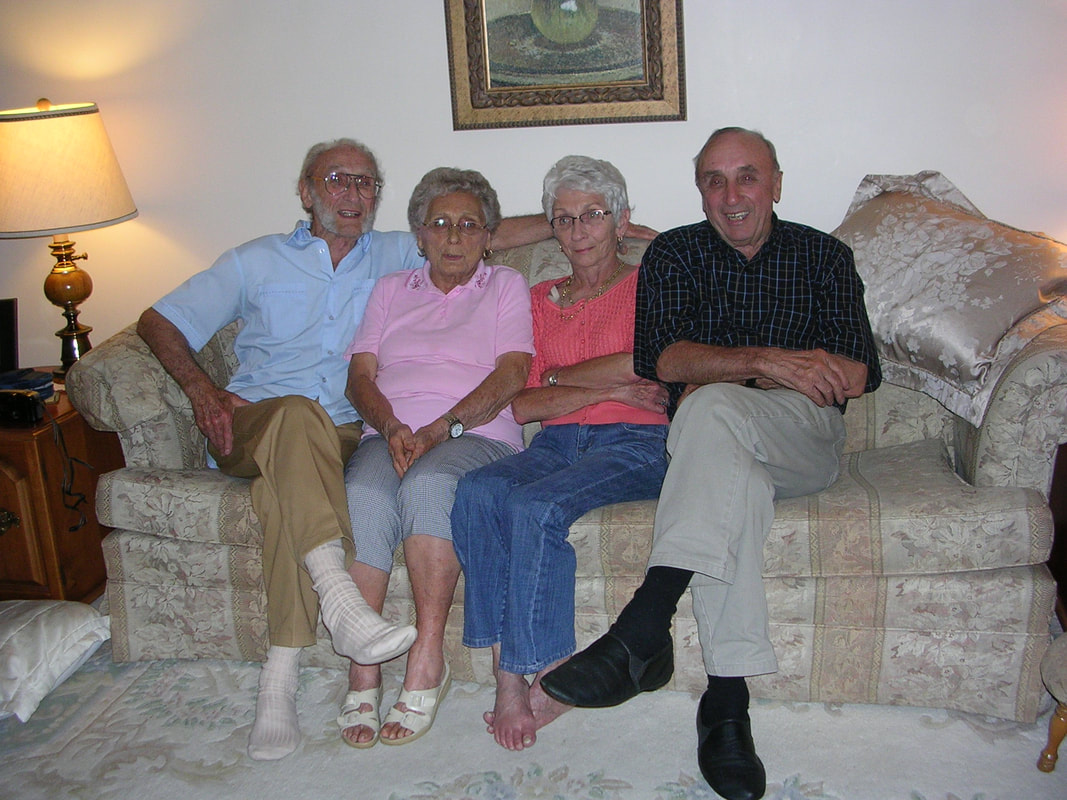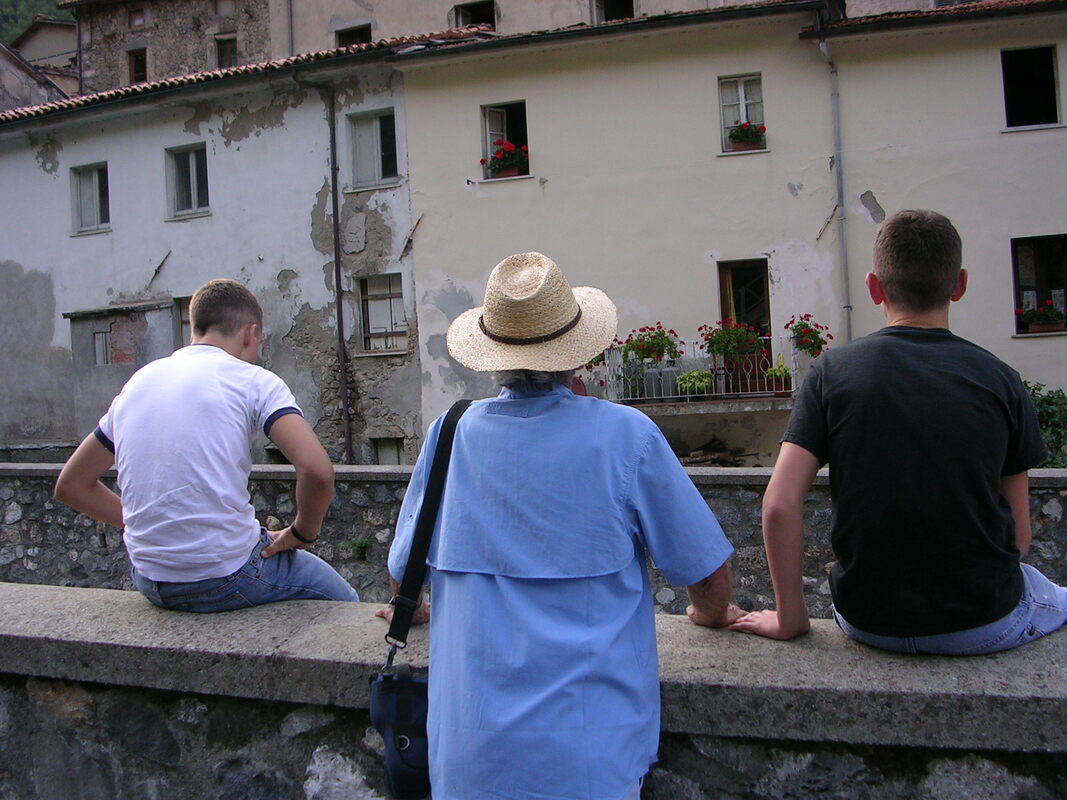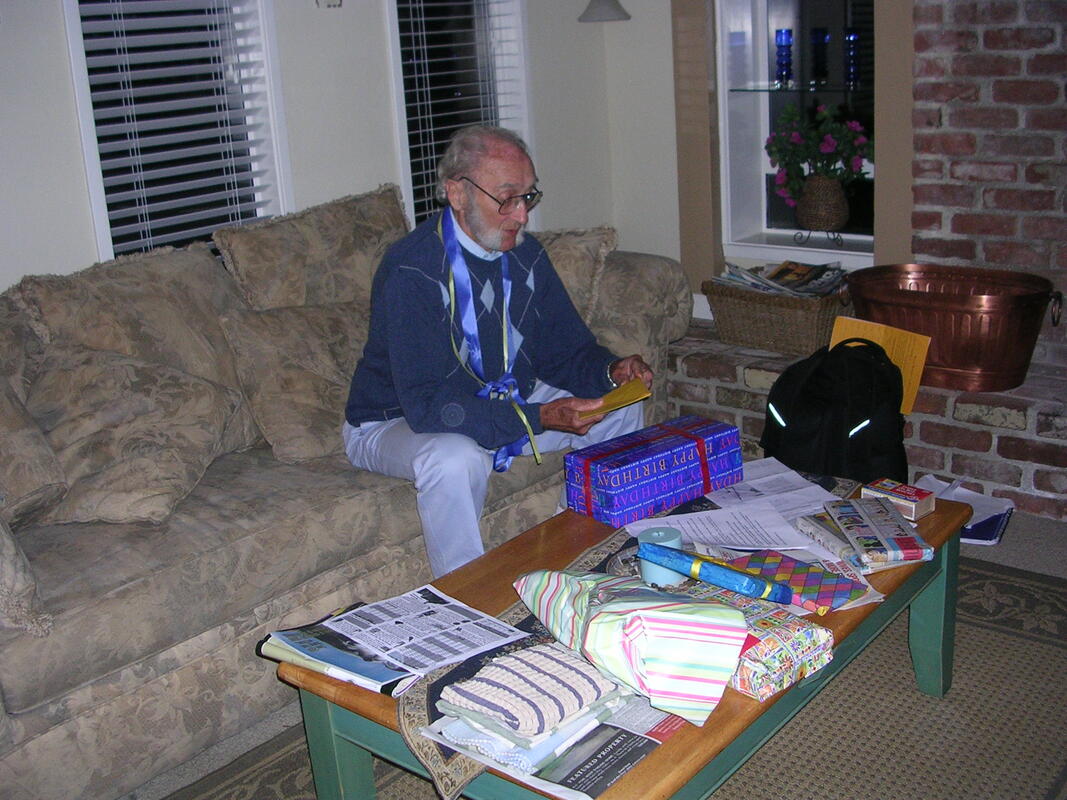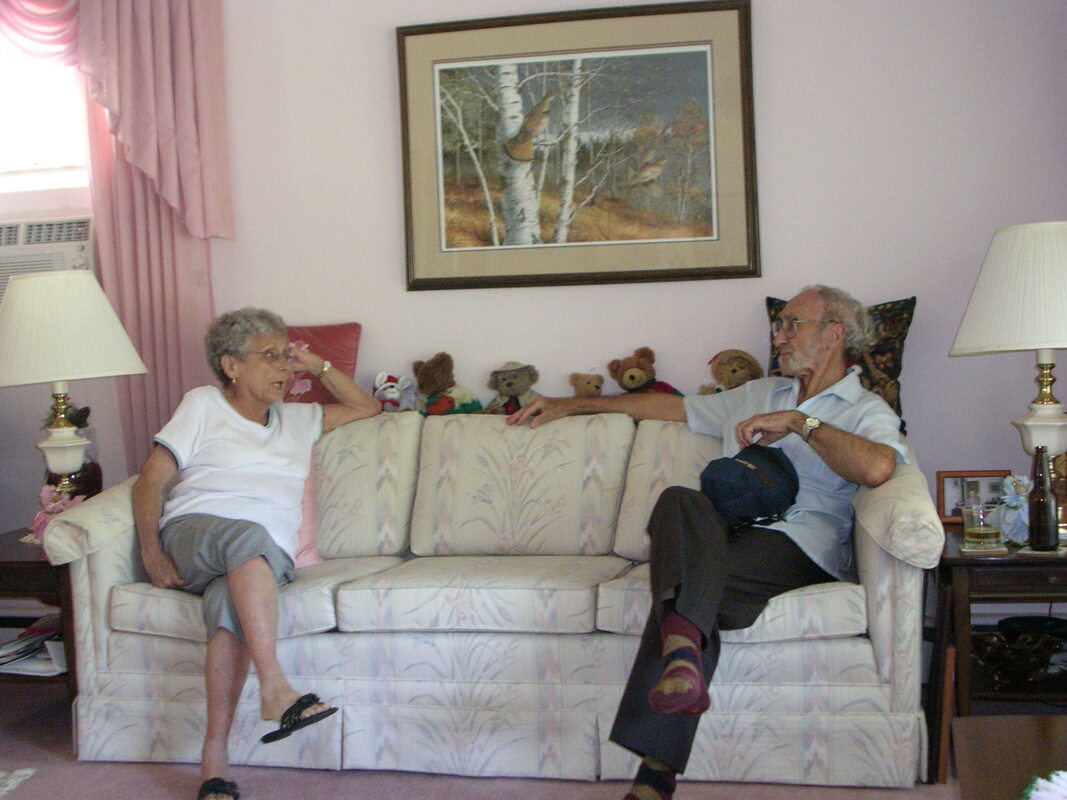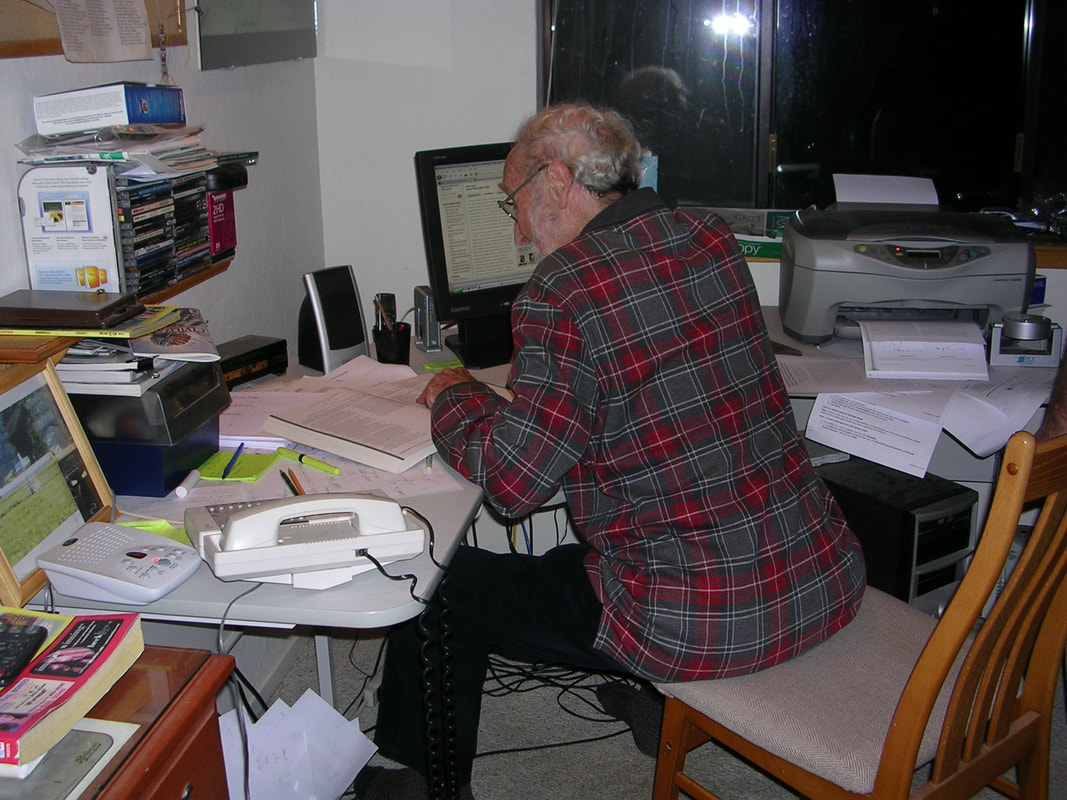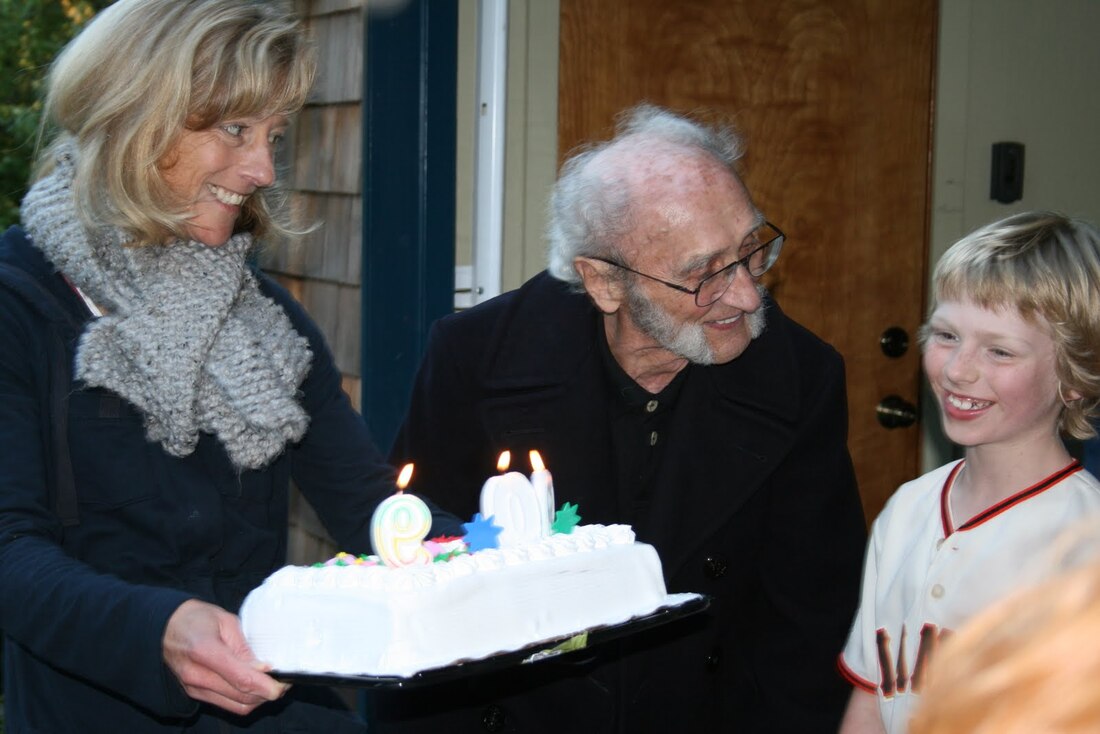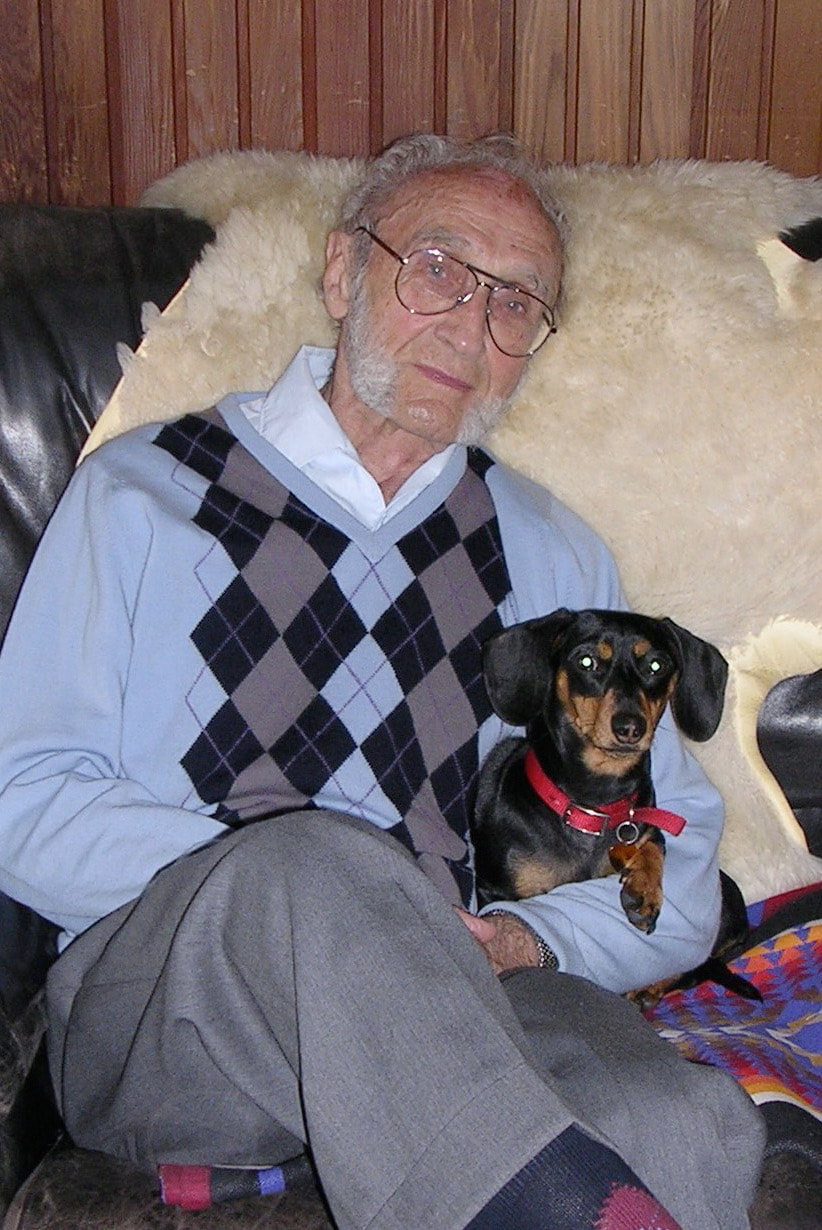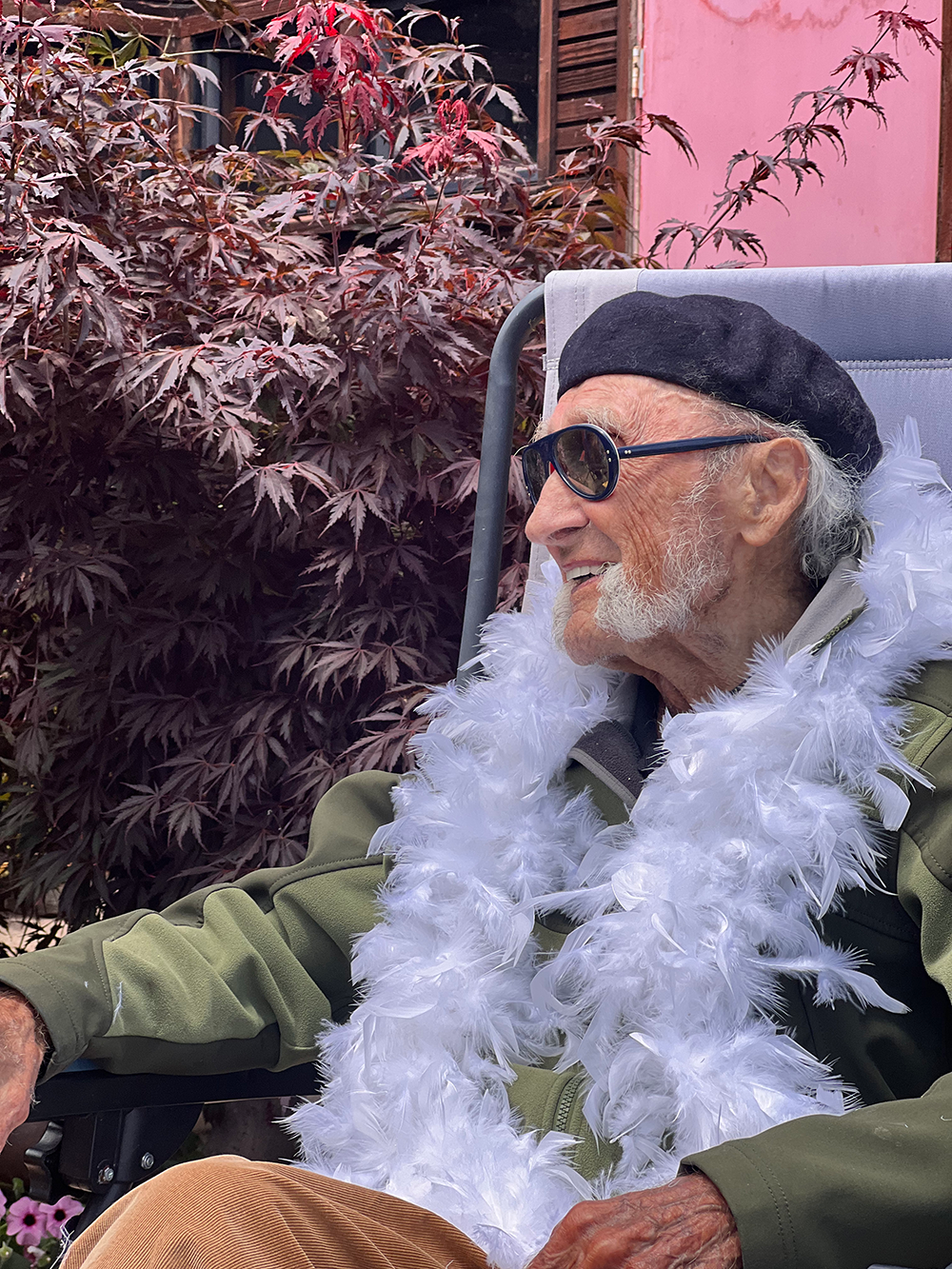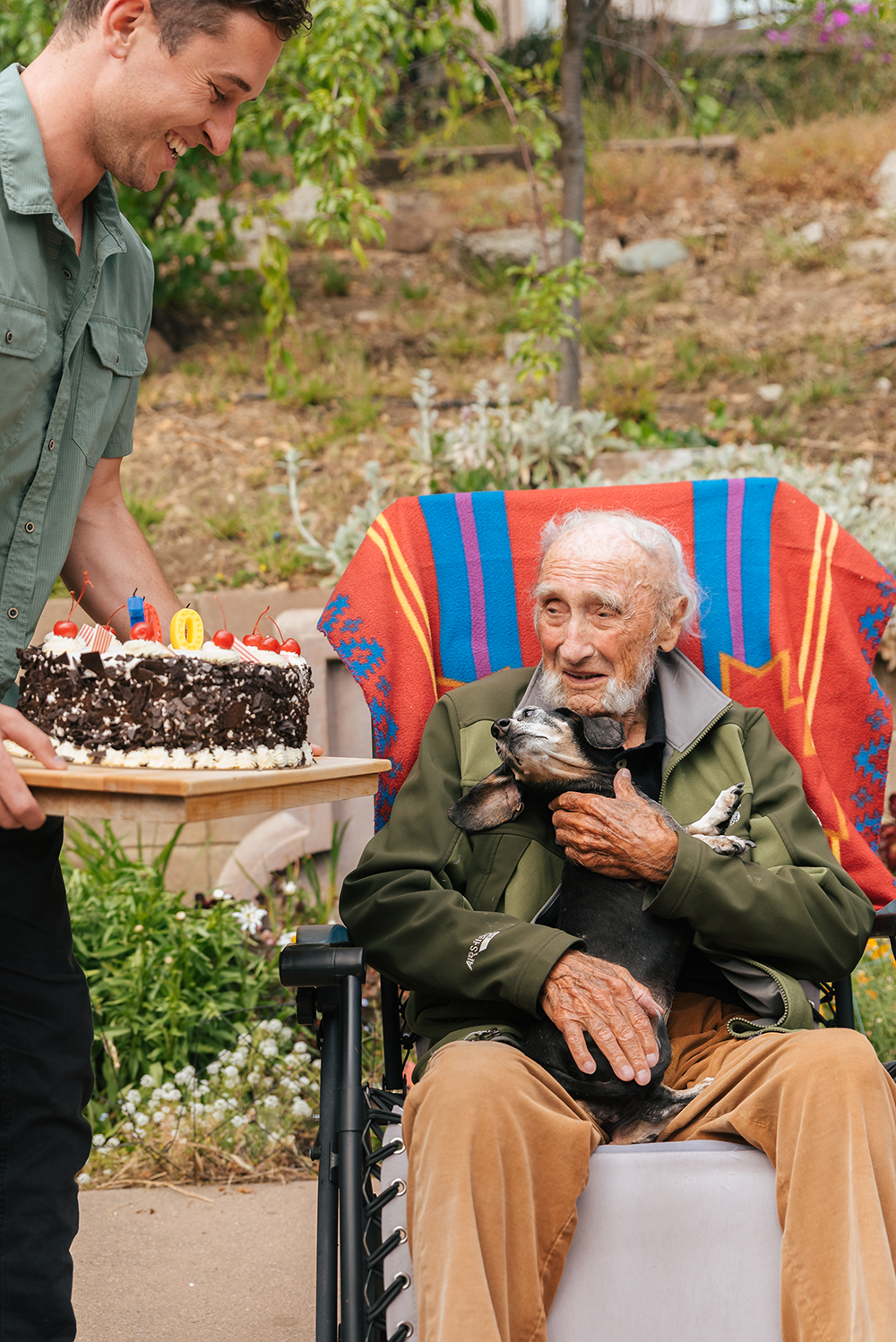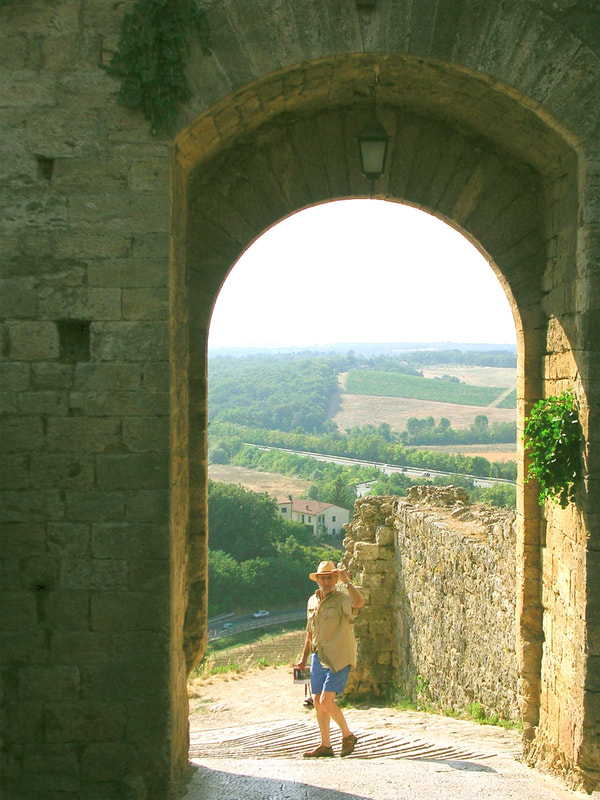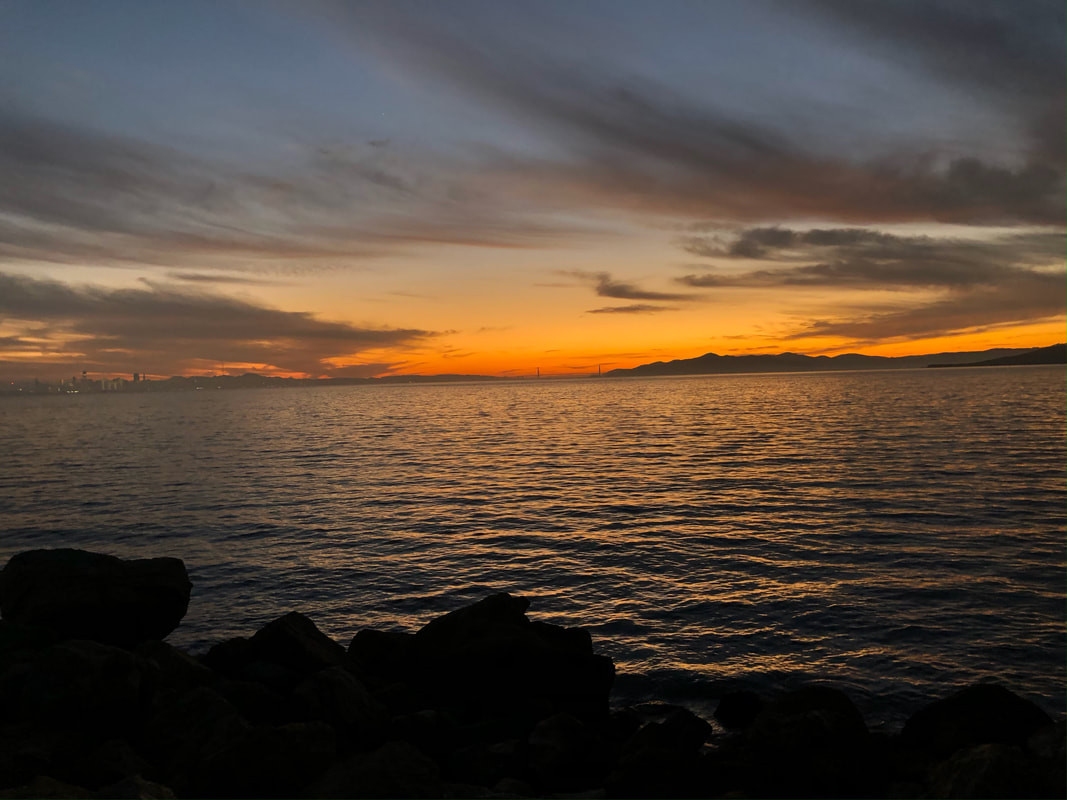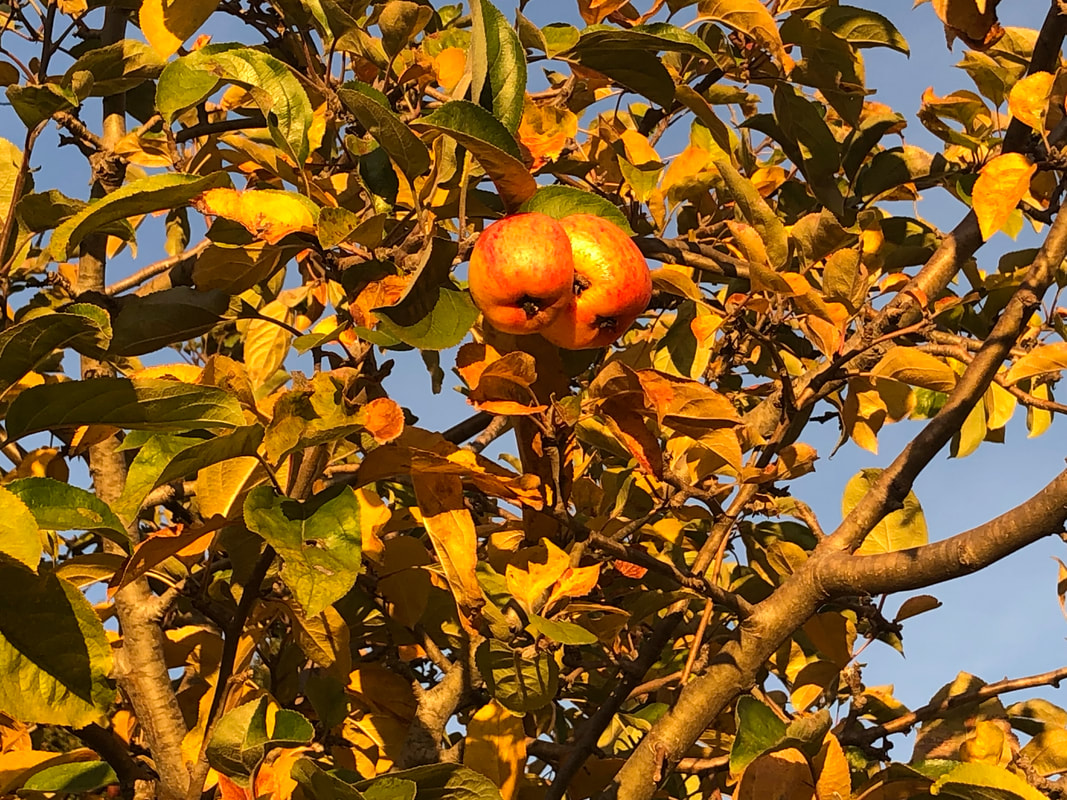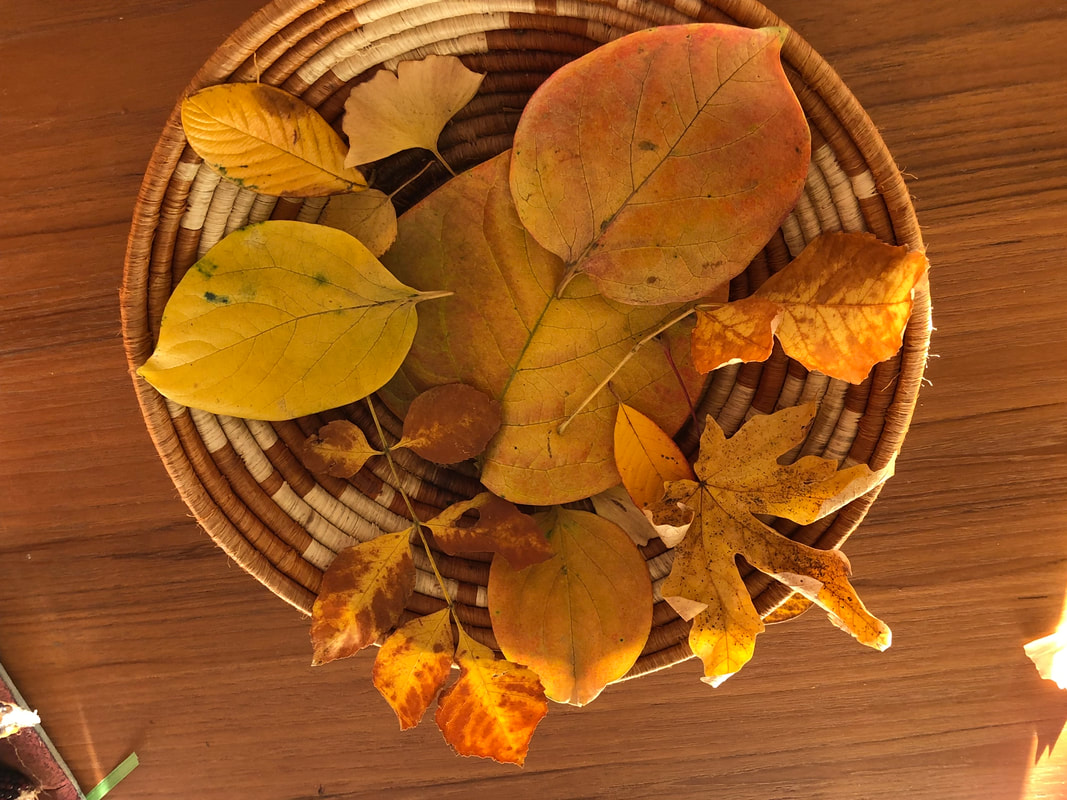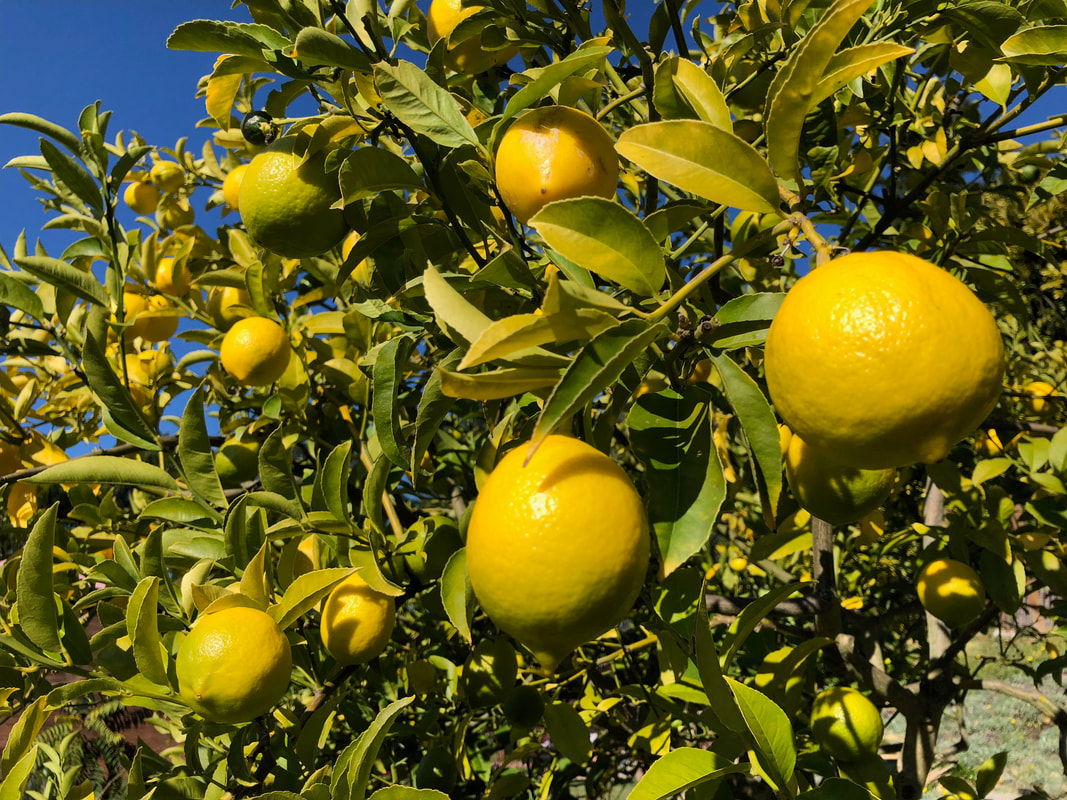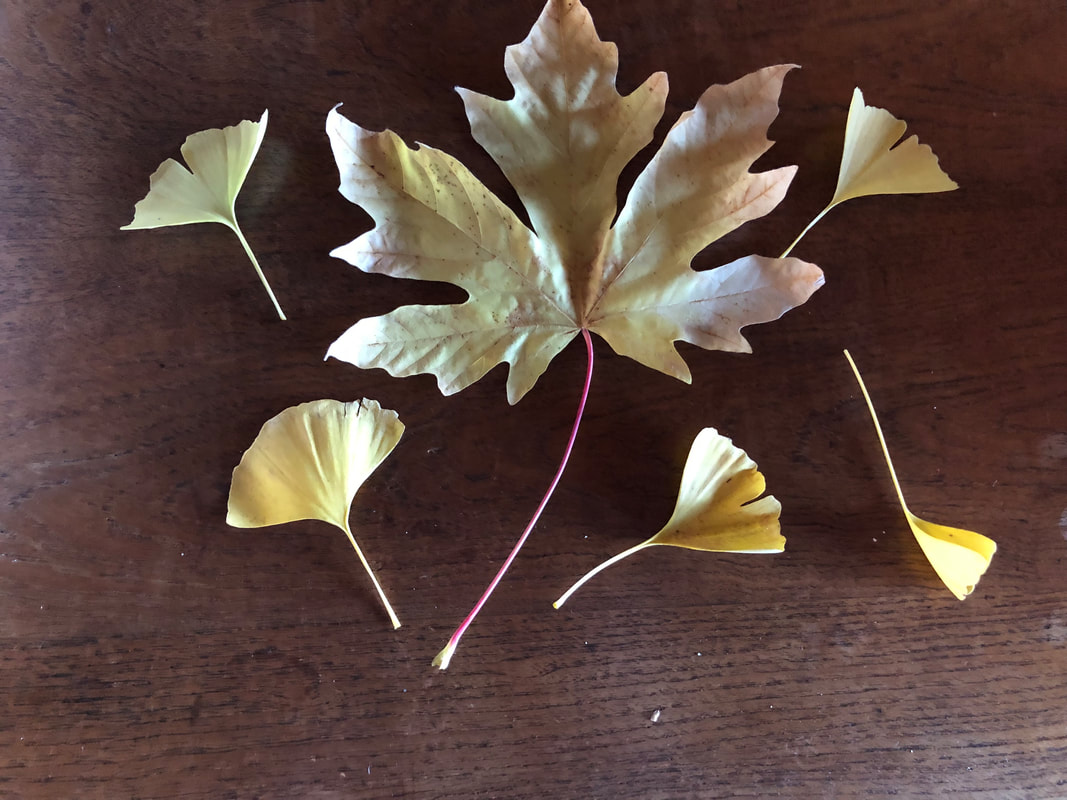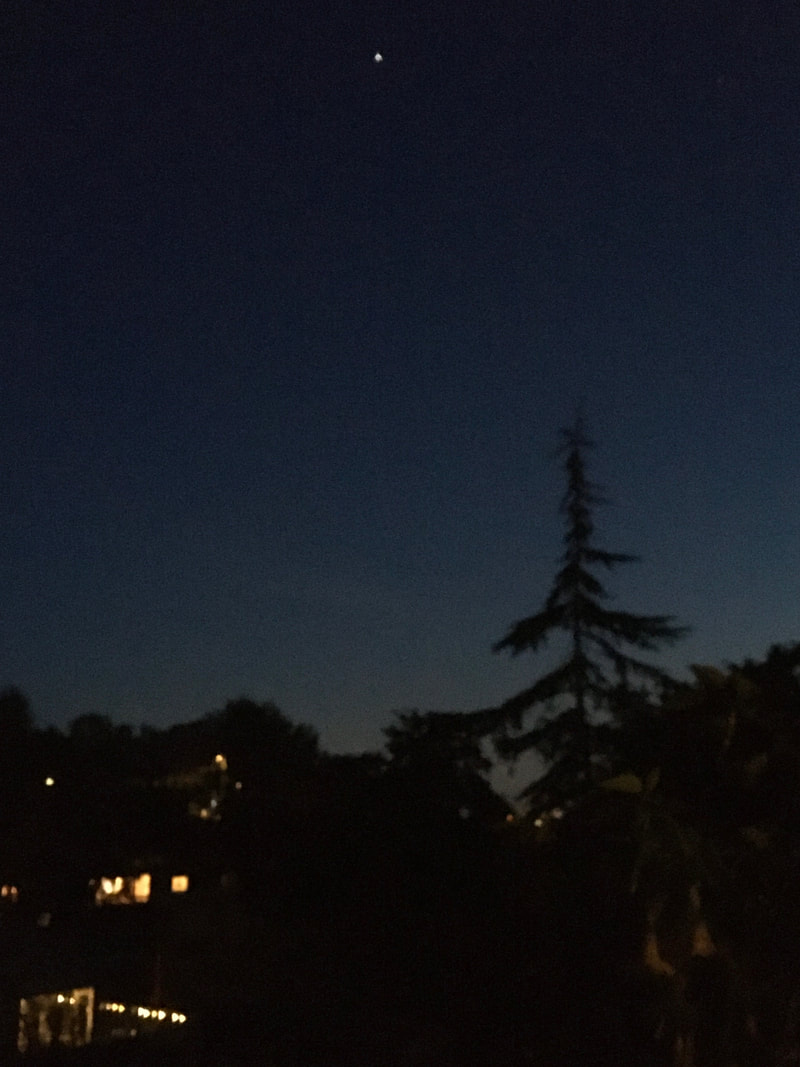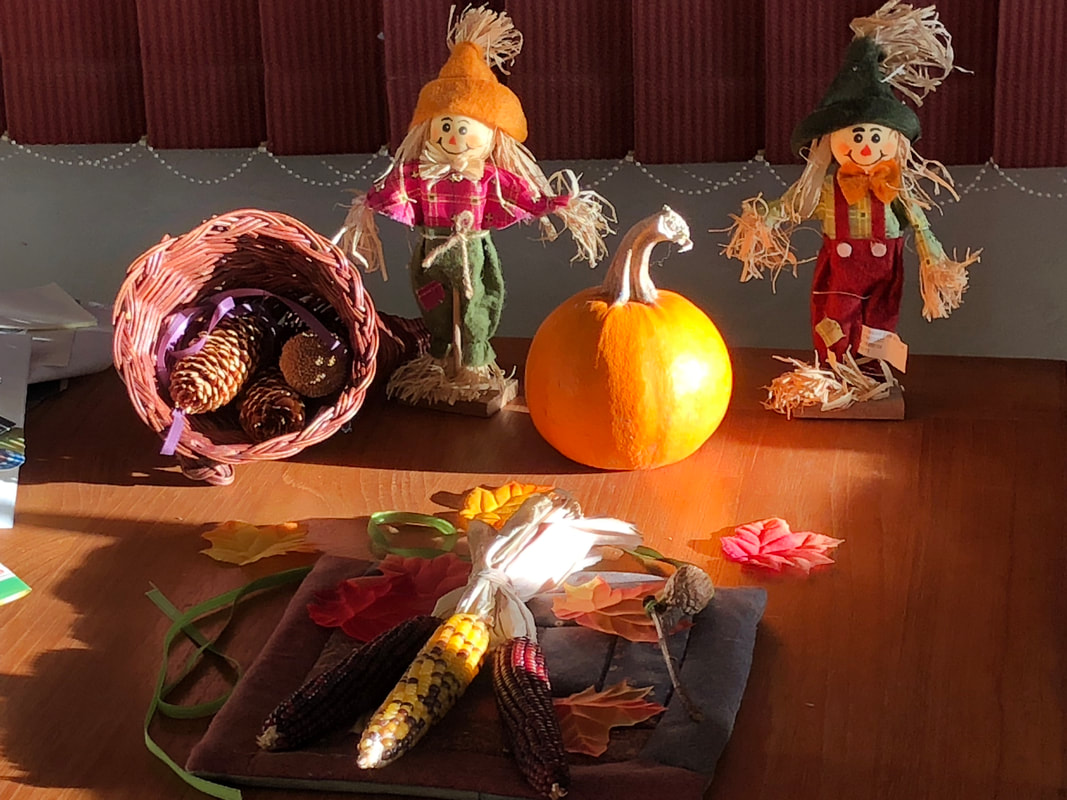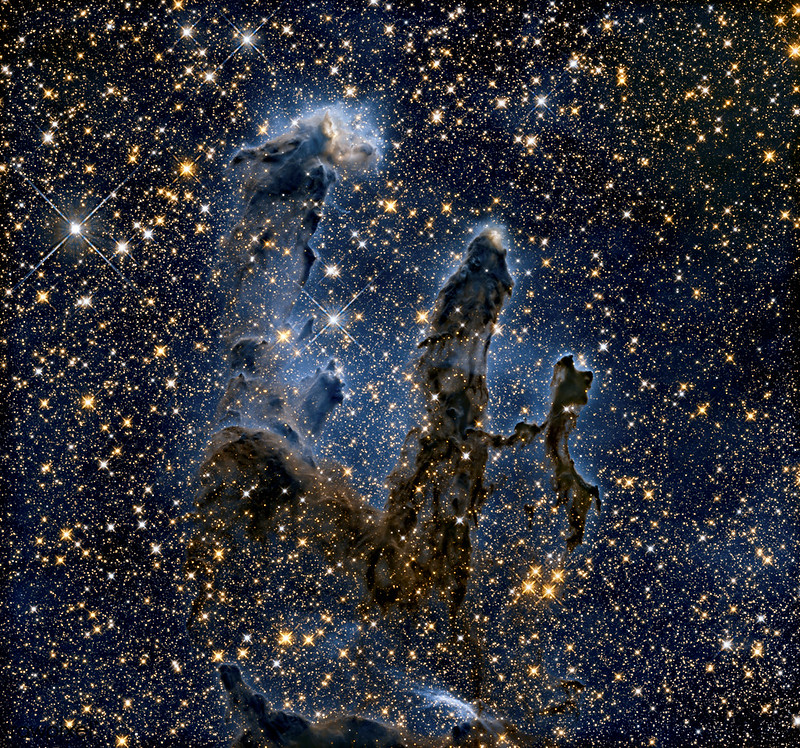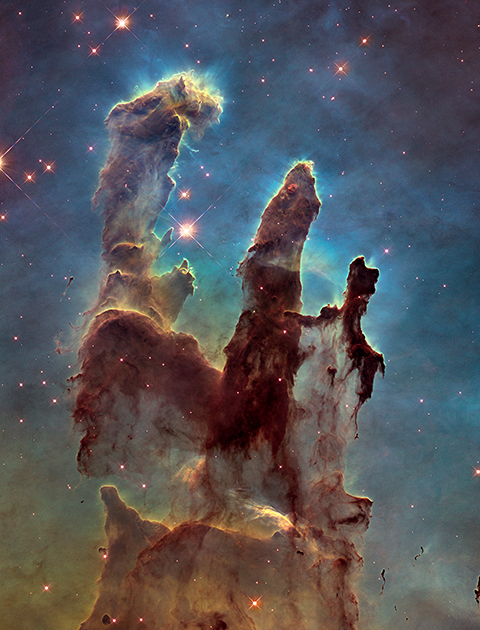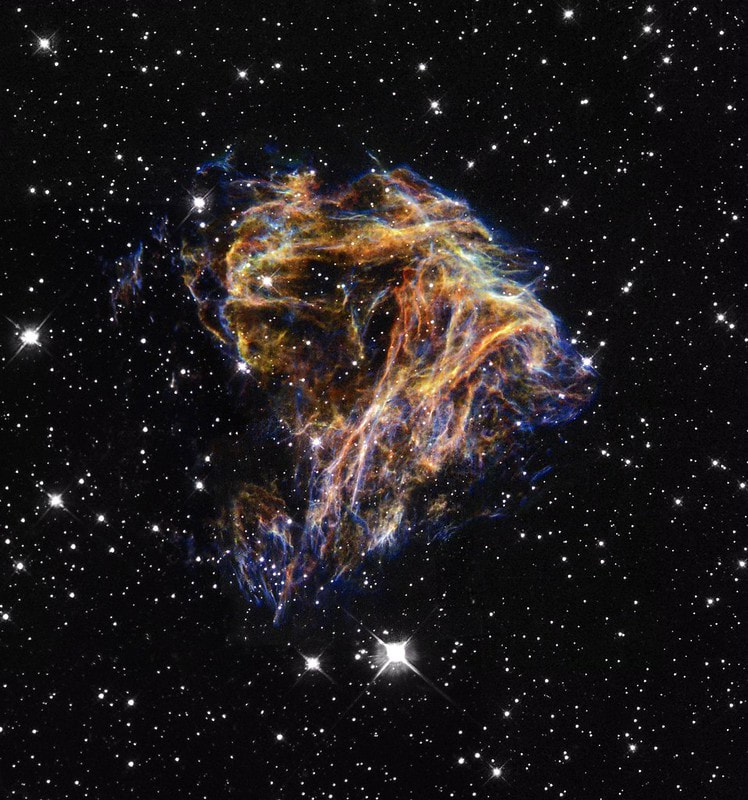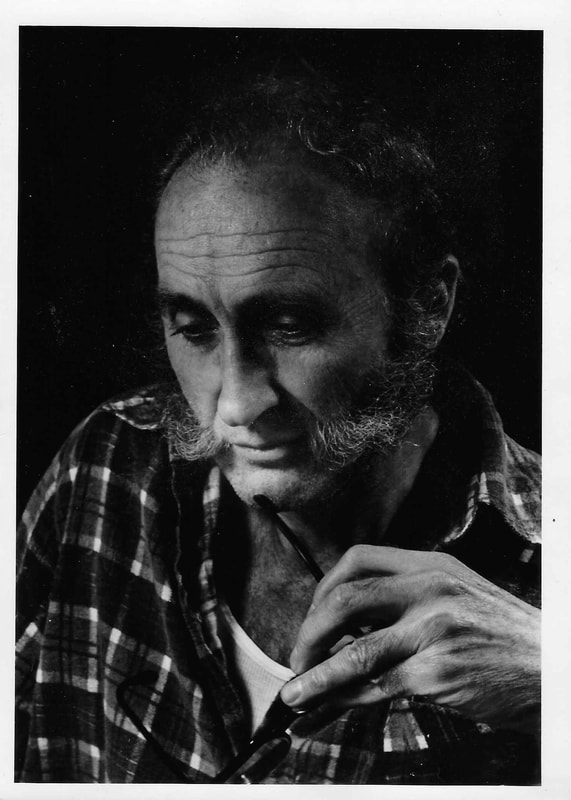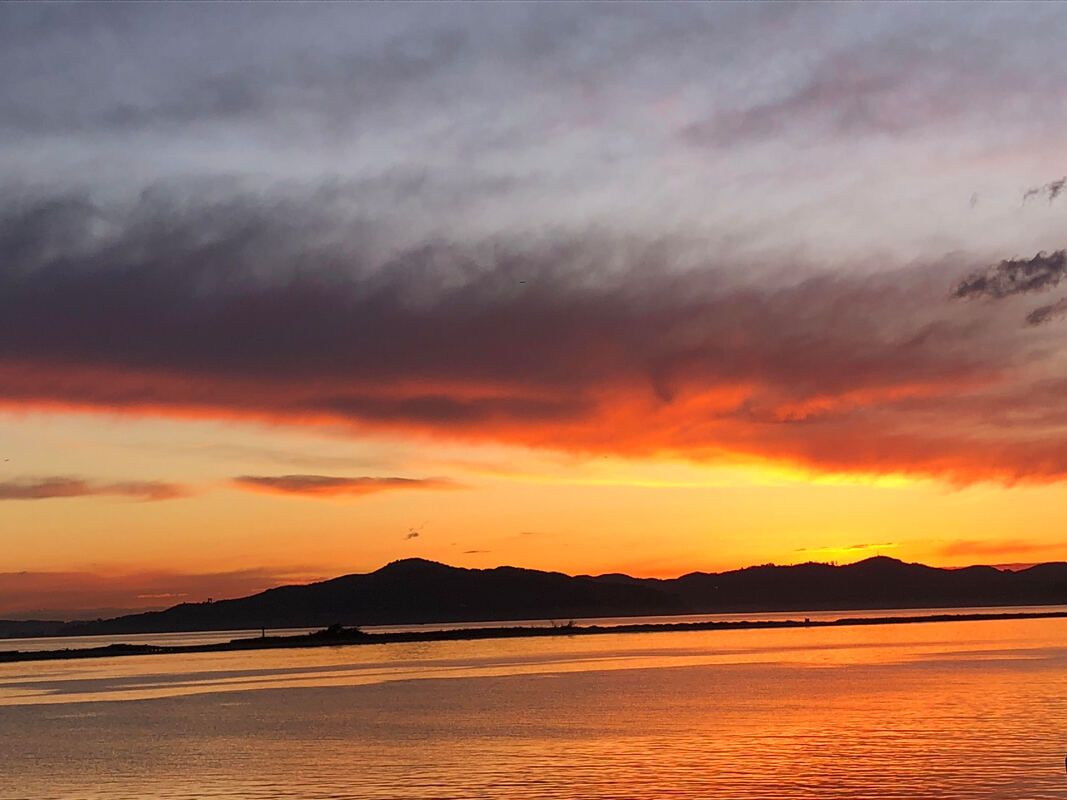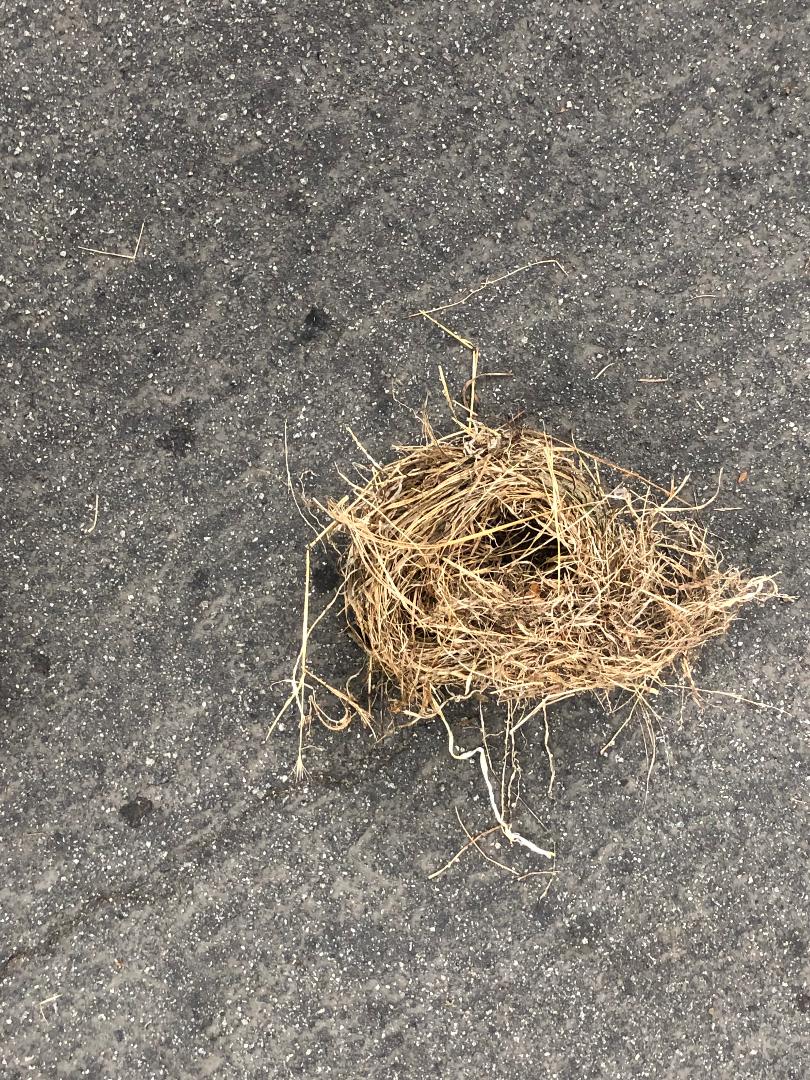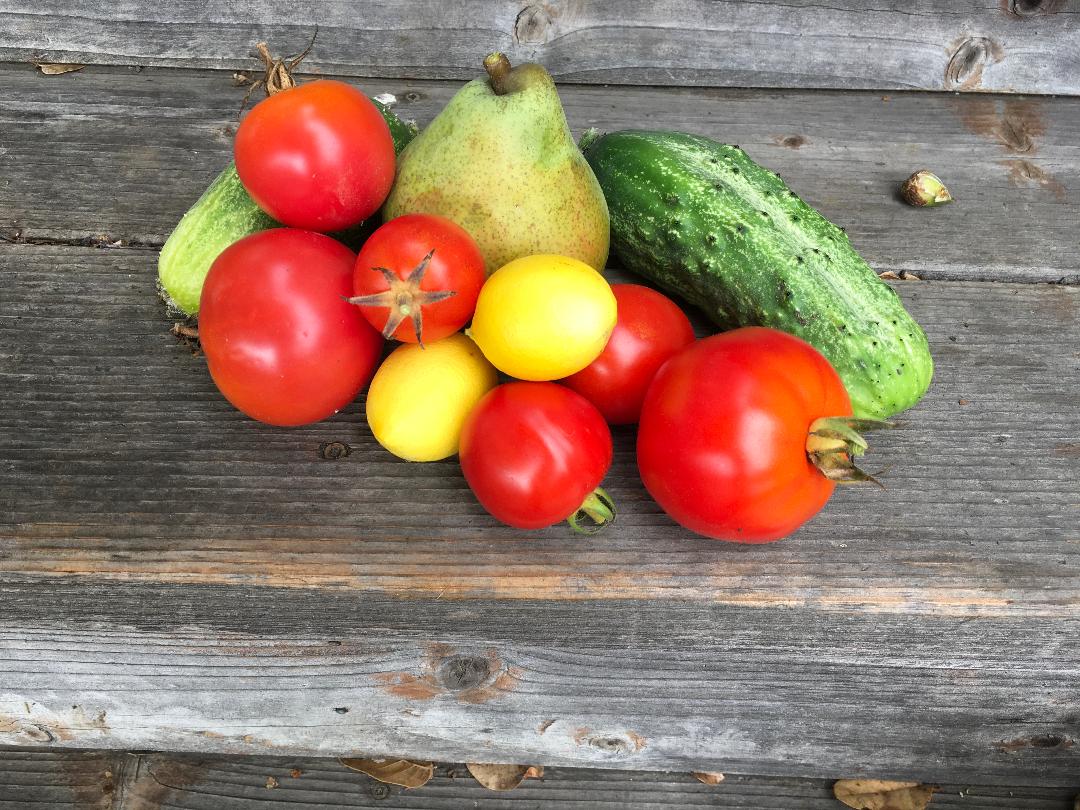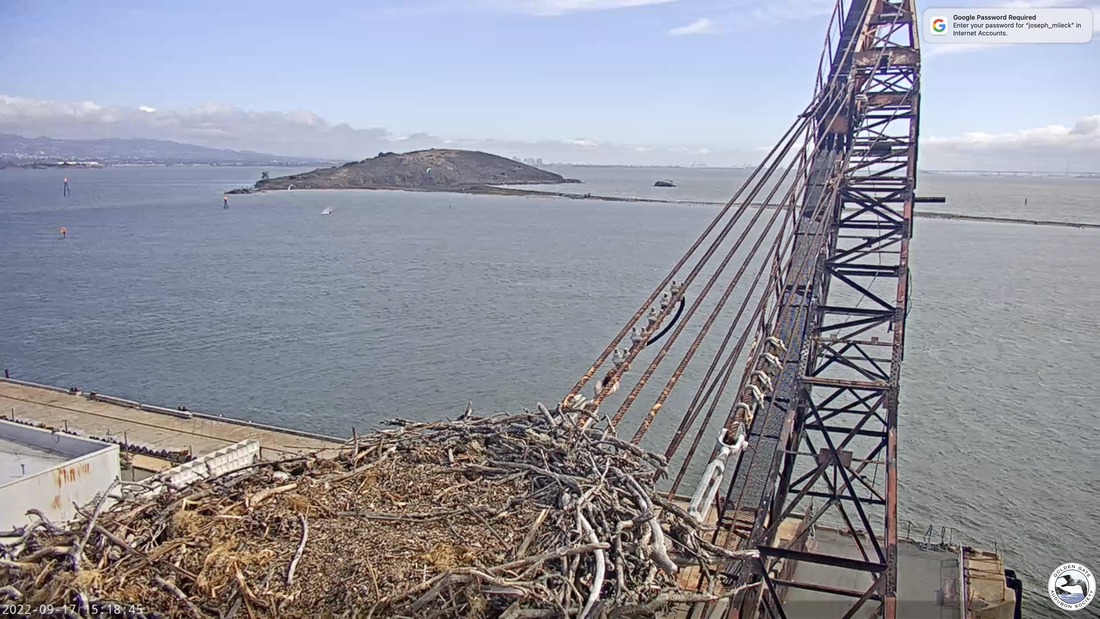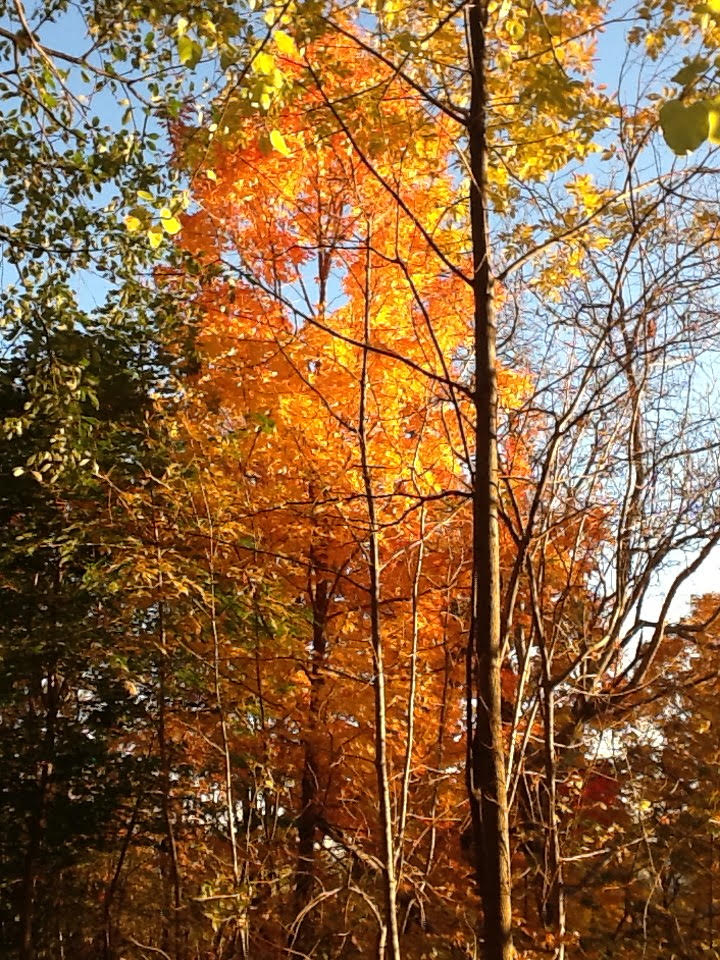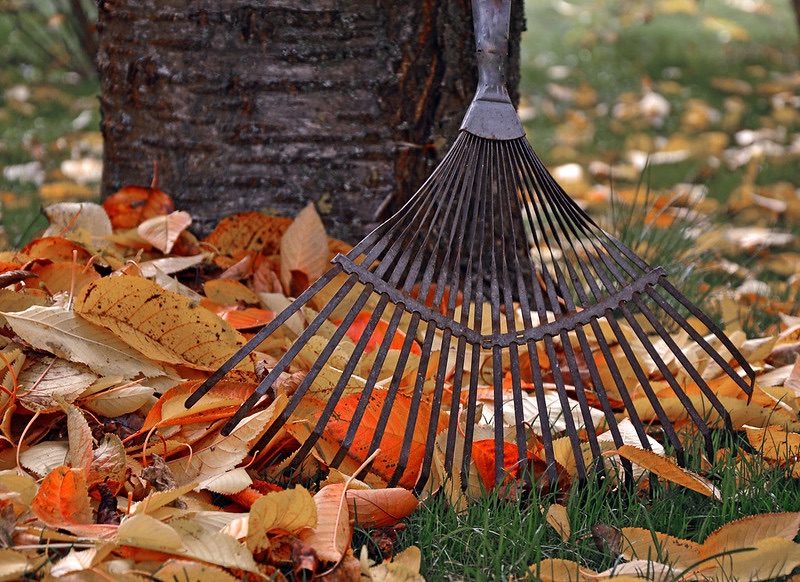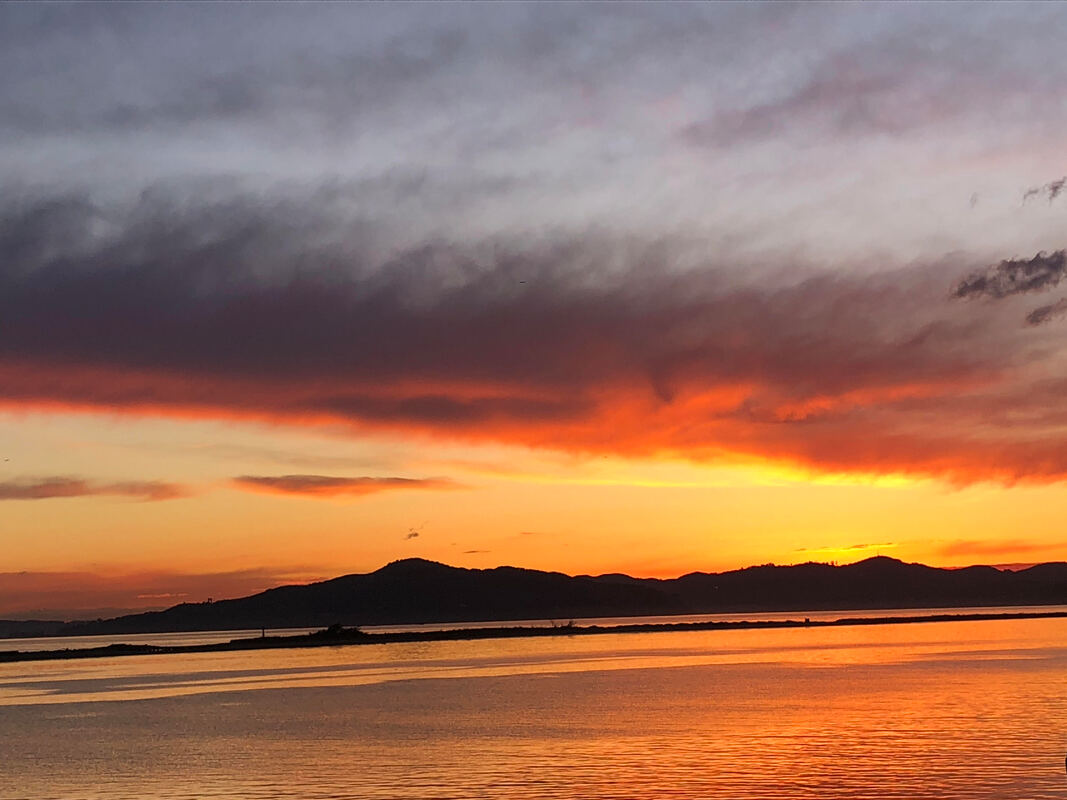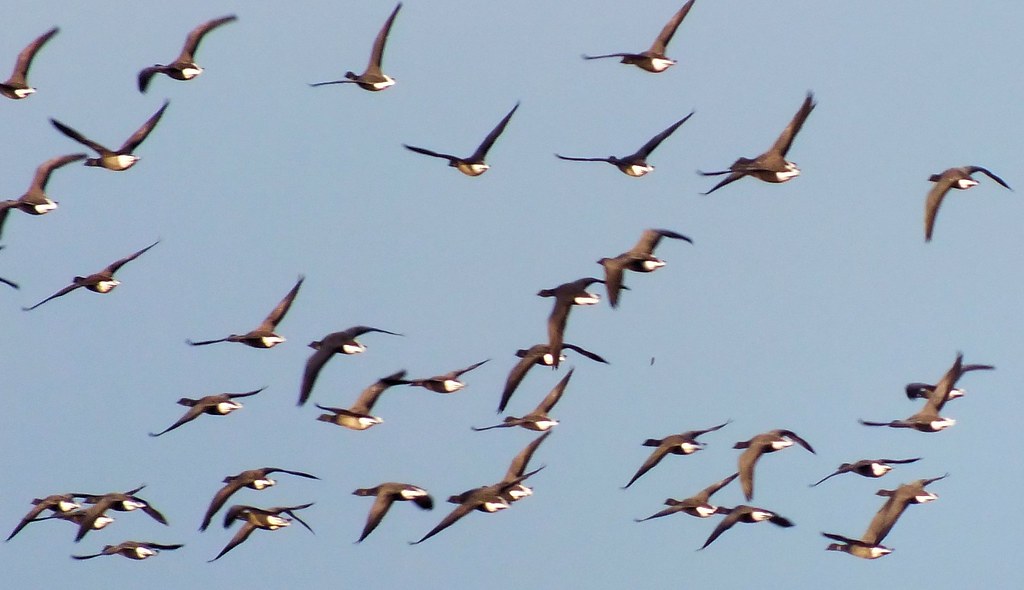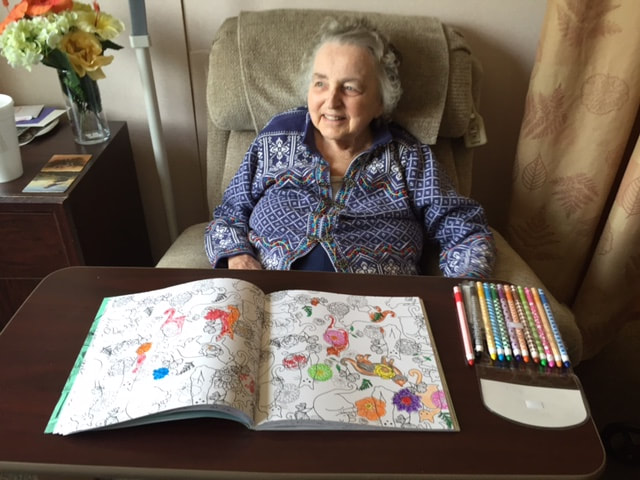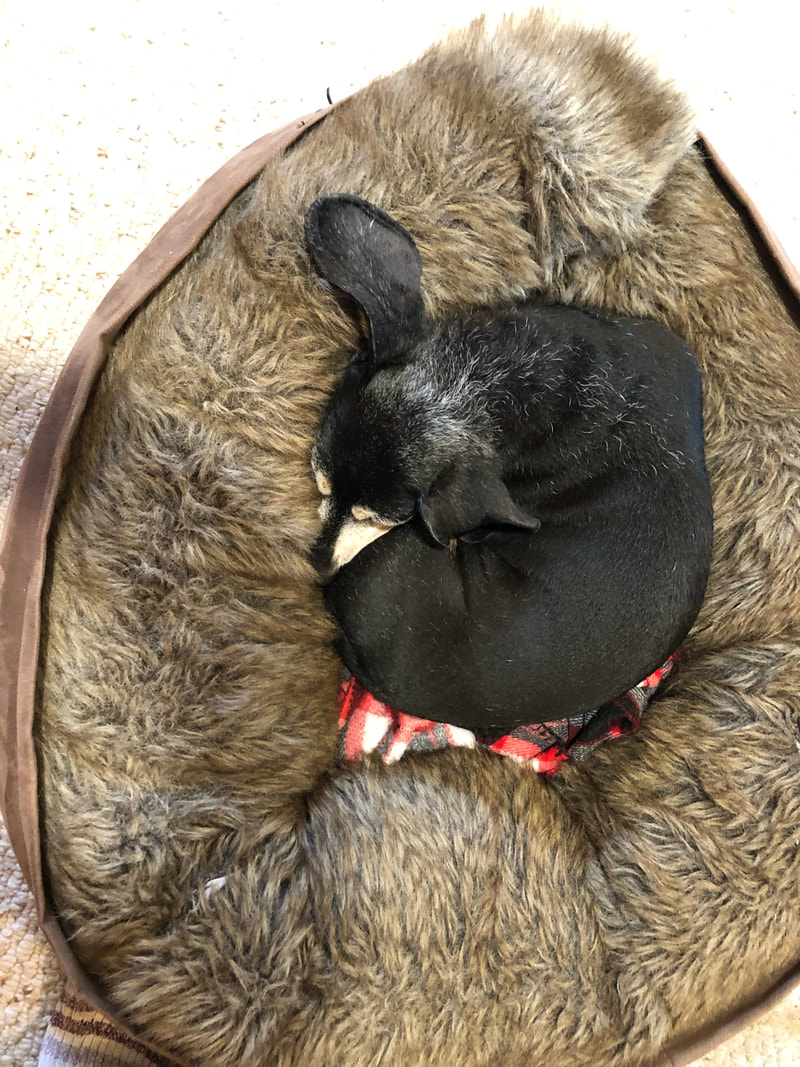| . Rainbow colorful, Can be seen but Never touched Ephemeral non essence. |
Mockingbird sings an early tune. Oxalis is in full yellow bloom Punctuated by green leaves Of iris that will pop out soon. Sun is out, wind is fair, Spring is in the air. |
| Spring Sky Look up! Look there! Spring is in the air, Spring is in the sky. See the butterfly Land on the anise Its eggs to lay, Then fly away. Watch the clouds float In from the West, Fluffy, white and gray, See the osprey on the nest watch and wait for its mate. Sun, butterfly, clouds, osprey, Rain and sun today, Will bring a rainbow our way. Down by the Bay Where the Westwinds blow Down to the nest I must go. For if I do Perhaps I'll see Two ospreys, Richie and Rosie. Down by the Bay. And if I stay Down by the Bay, Perhaps I'll see An osprey baby. A little chick in the nest A little chick Taking a rest. Down by the Bay, So come with me Down to the Bay Before the sun Has set today For if you do, You will too See the ospreys Fish and play Down by the Bay. lyrics by midi Feb. 2024 melody from Down By the Bay, traditional tune sung by Raffi | , Just as surely as The wind blows Down by the Bay, The ospreys will return, Not necessarily the two We know and love, But other ospreys, Younger offspring, The butterflies will lay Eggs on the anise, Anise that was taken out To build fancy houses, But still comes up through the cracks. Pelicans will crowd The sand spit For the herring run, Co-existing with the Fishing boats. The wind will keep blowing, The sun will keep shining. There will be colorful Rainbows and sunsets Down by the Bay. Early one morning, just as the sun was rising, I heard an osprey on the nest, singing to his mate. Oh, Rosie, where are you, are you on your way, Won't you please come back to me today? Then Richie took off, to his other nest he flew, Spent the night there, with his lover fair. Maybe I'll stay right here, next to you, my dear, For my mate Rosie is nowhere near. Early the next evening, just as the sun was setting, An osprey flew to the nest, looking for her mate. She chirped Richie, my mate, Richie where are you? Won't you return to this nest and to me be true? So Richie flew back to the Whirley crane nest, To find his loyal mate and to her be true. She soon lay three eggs, just as pretty as could be, And soon they were raising a family. lyrics by midi tune is an old English folk tune: Early One Morning |
And just for fun...
| ., Prime Time 71 is prime So this year is my time. I can swim in the Bay, Or ride the ocean wave. Climb a steep, rocky hill, Do whatever I will. Next year, seventy-two, I will be old anew. Hobble around in pain, Not go out in the rain. Losing too many hairs, Afraid to go down stairs. Then comes seventy-three. Once more I will be free! Undivided by fact- -Ors, no longer wracked. Only myself and one. Go out to have some fun. Multiple years to wait 4, 5, 6, 7, 8 Factors of 2 and 5, 3, 7... Sakes alive! Then even 11- I'll be nearing Heaven! But then will come a year, One that will be so dear, One that is just so fine. Number 79. No unlucky 13 Will anywhere be seen. Then in 4 years, just see Comes birthday 83 And I will be so free. No more factors for me, No pesky twos, fives, threes, I can do whatever I please! Now, If only I can wait for that time When I will once more be in my prime. | Oh woe is me! my birthday's near And there goes yet another year. When I was young, I liked to age, Looked forward to being old and sage. Now that I've finally gotten here, I find that it is not so dear. I'd rather be young and free Of responsibility. Still, when young, I had to do What others told me to. I had to clock in and out Had no time to gad about. Now I can lie in bed all day, Listen to music or just play. No one there to scold or shoo, Tell me what I cannot do. So I think I'll stay right here, Turn the age that I am near, Enjoy its quirks and its perks, Be glad that my mind still works. Go out in the garden all day To weed, and plant and clip away Come in to take a well-earned rest, And watch the sun set in the west. |
